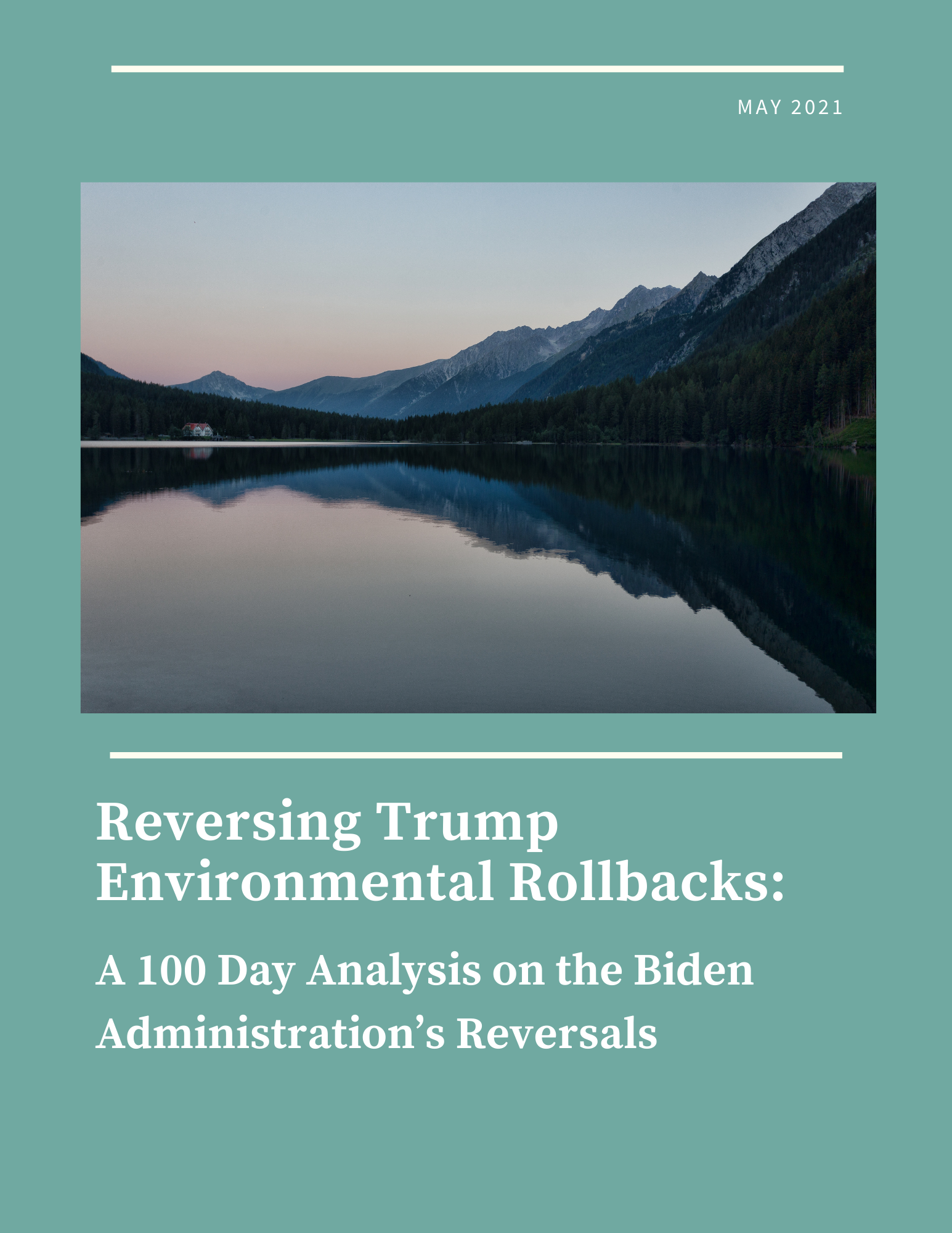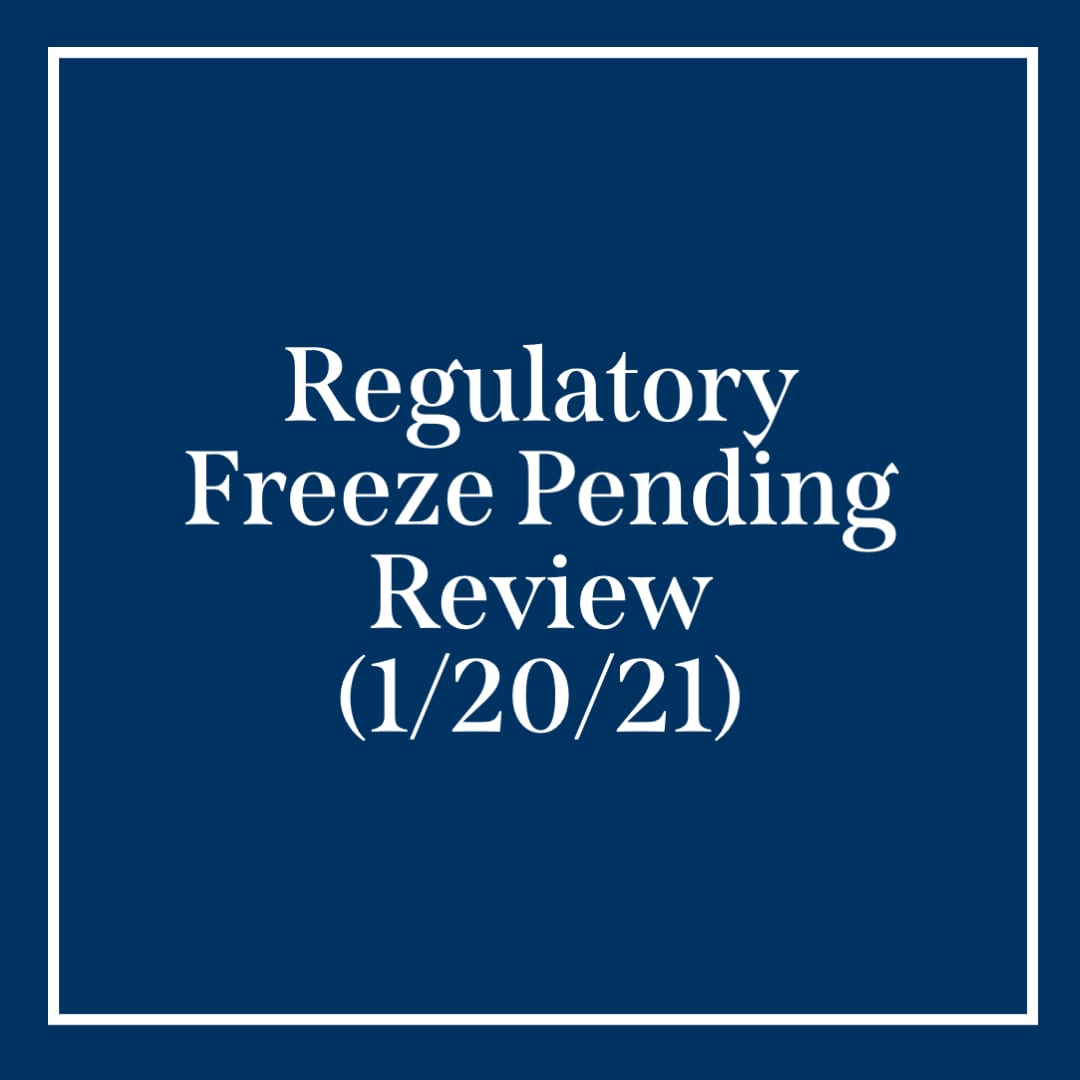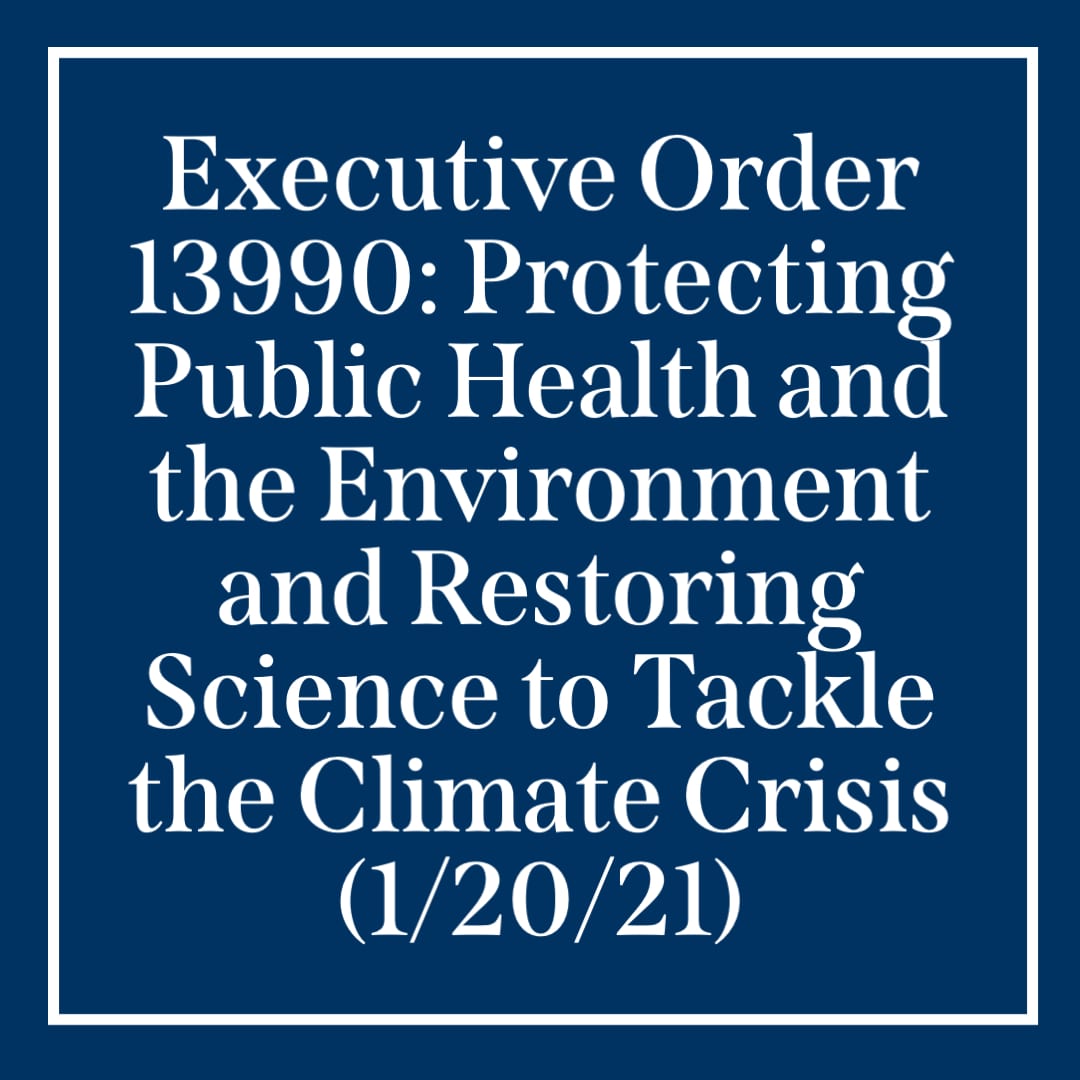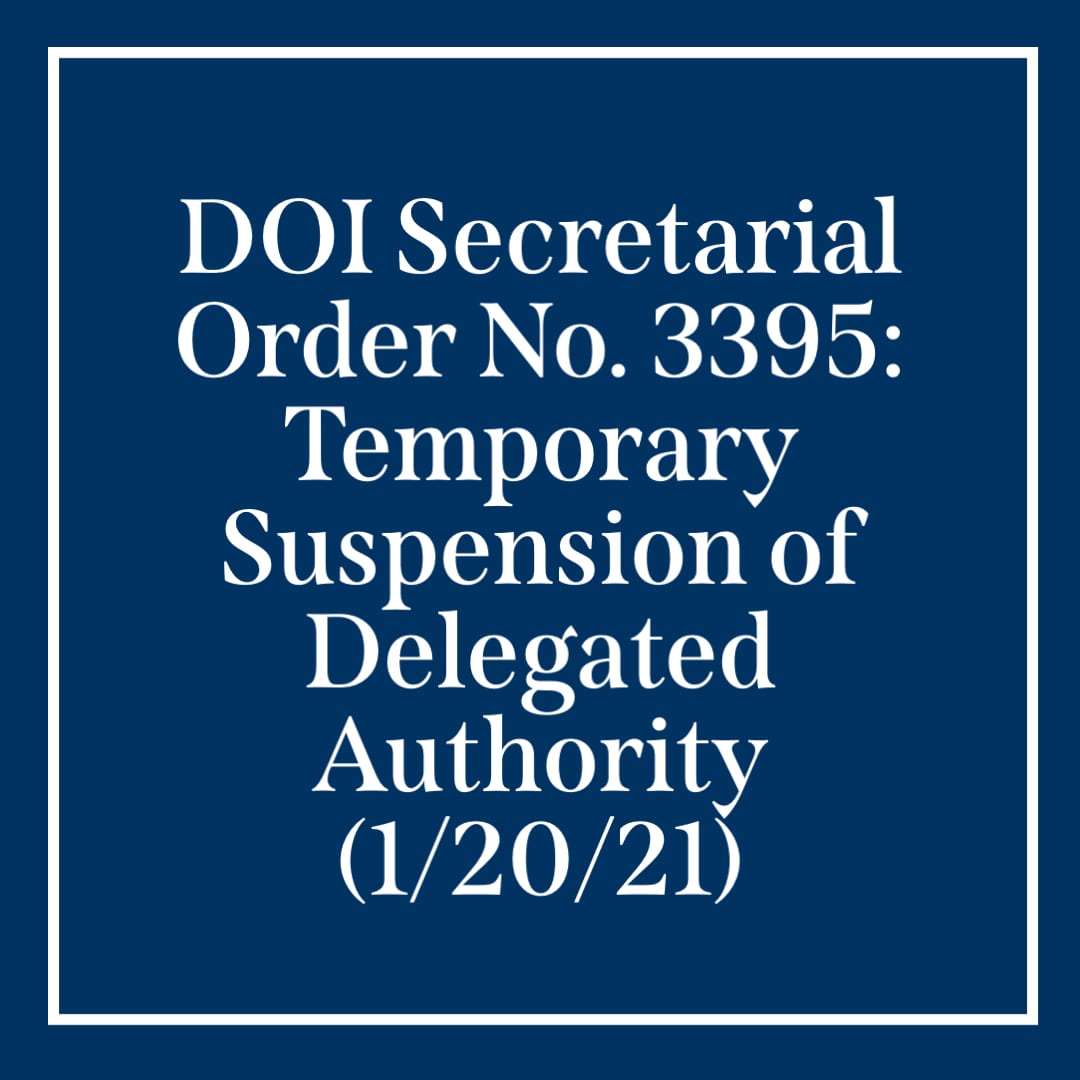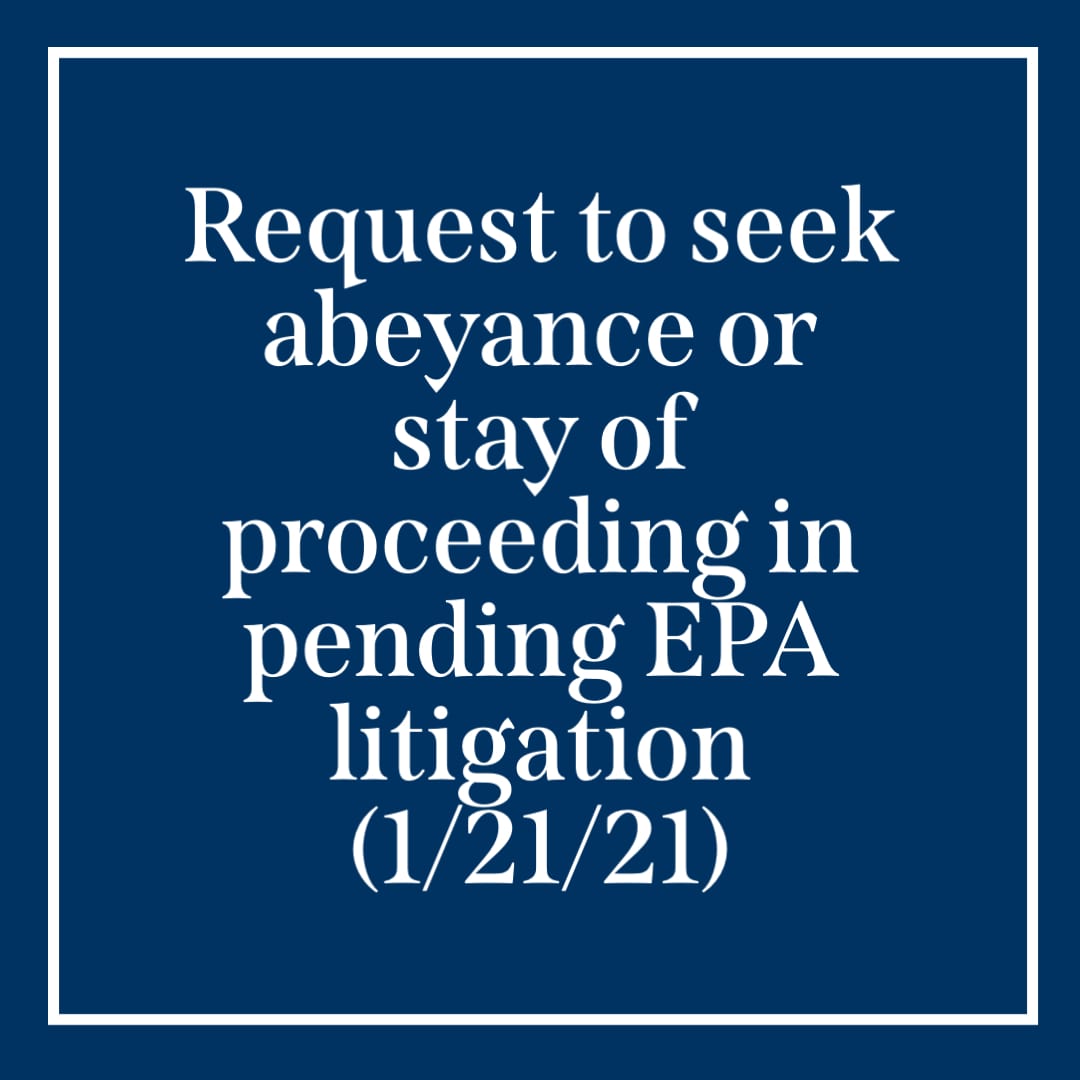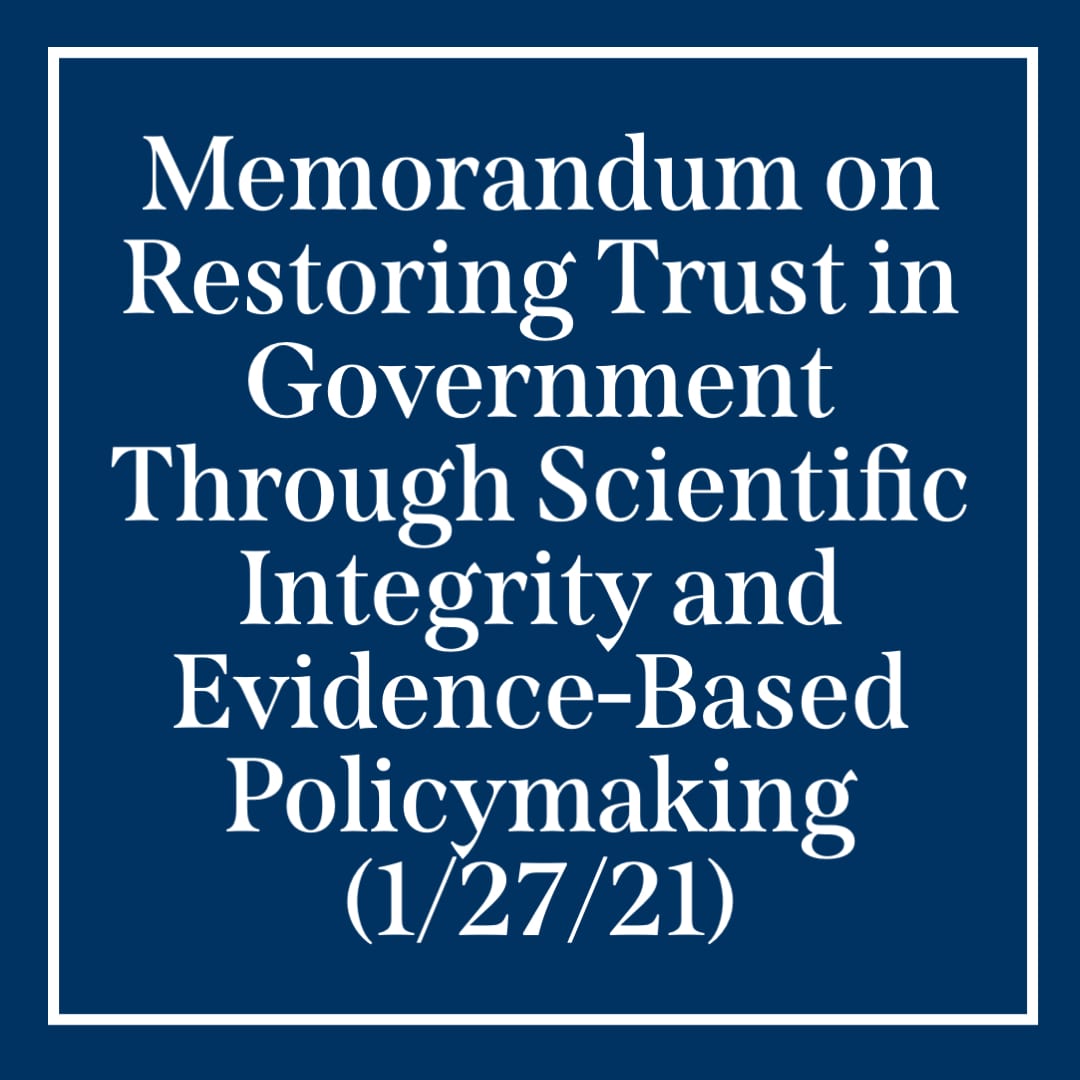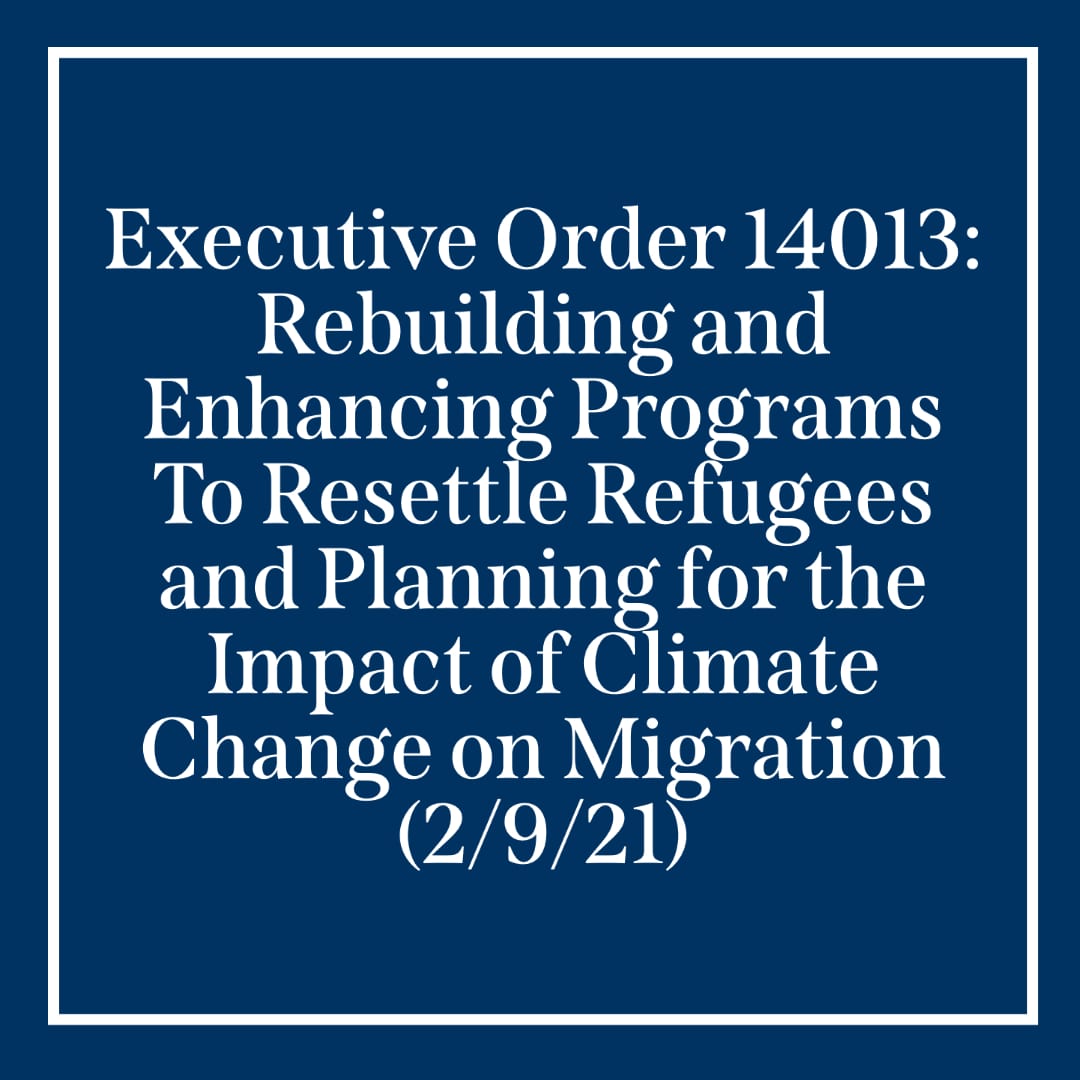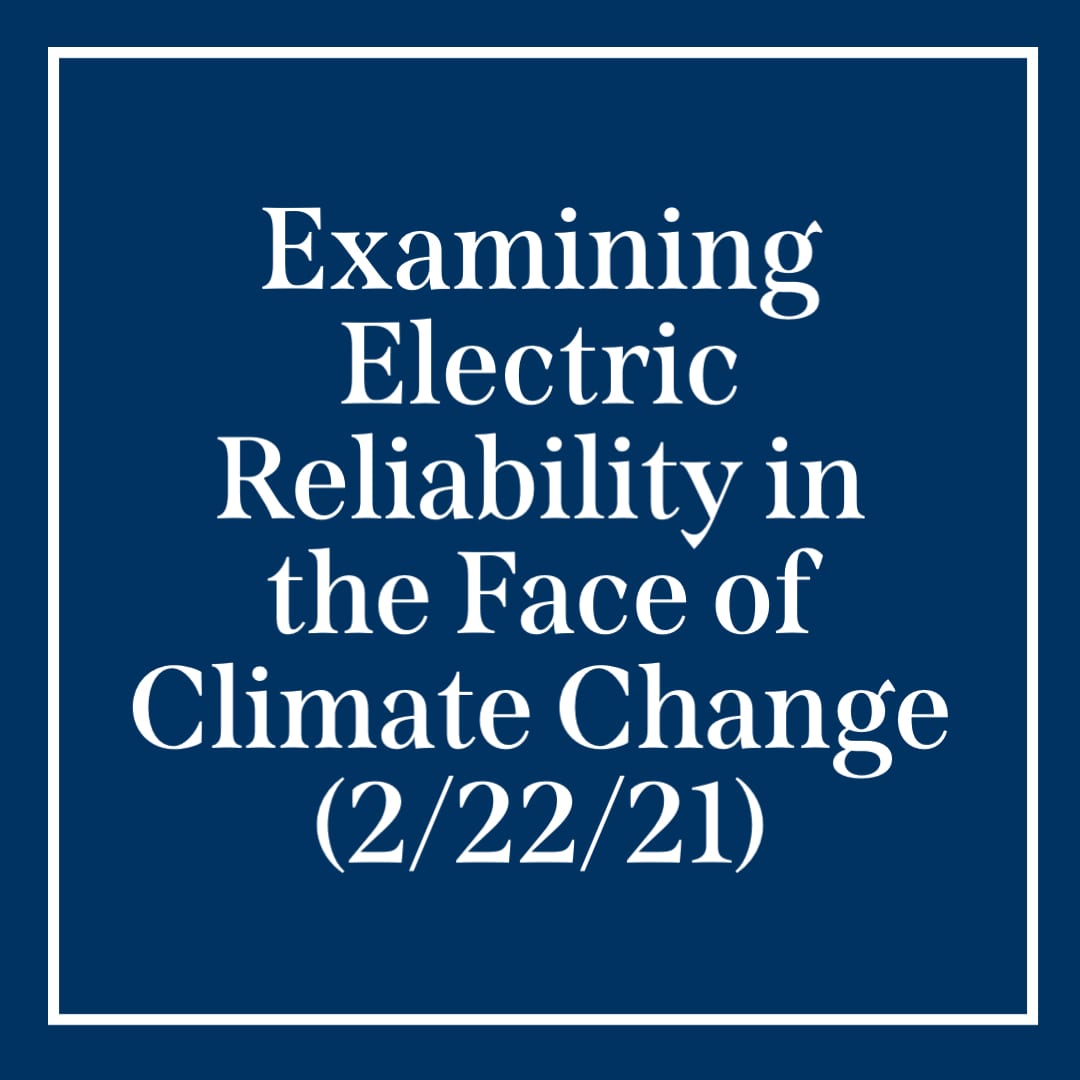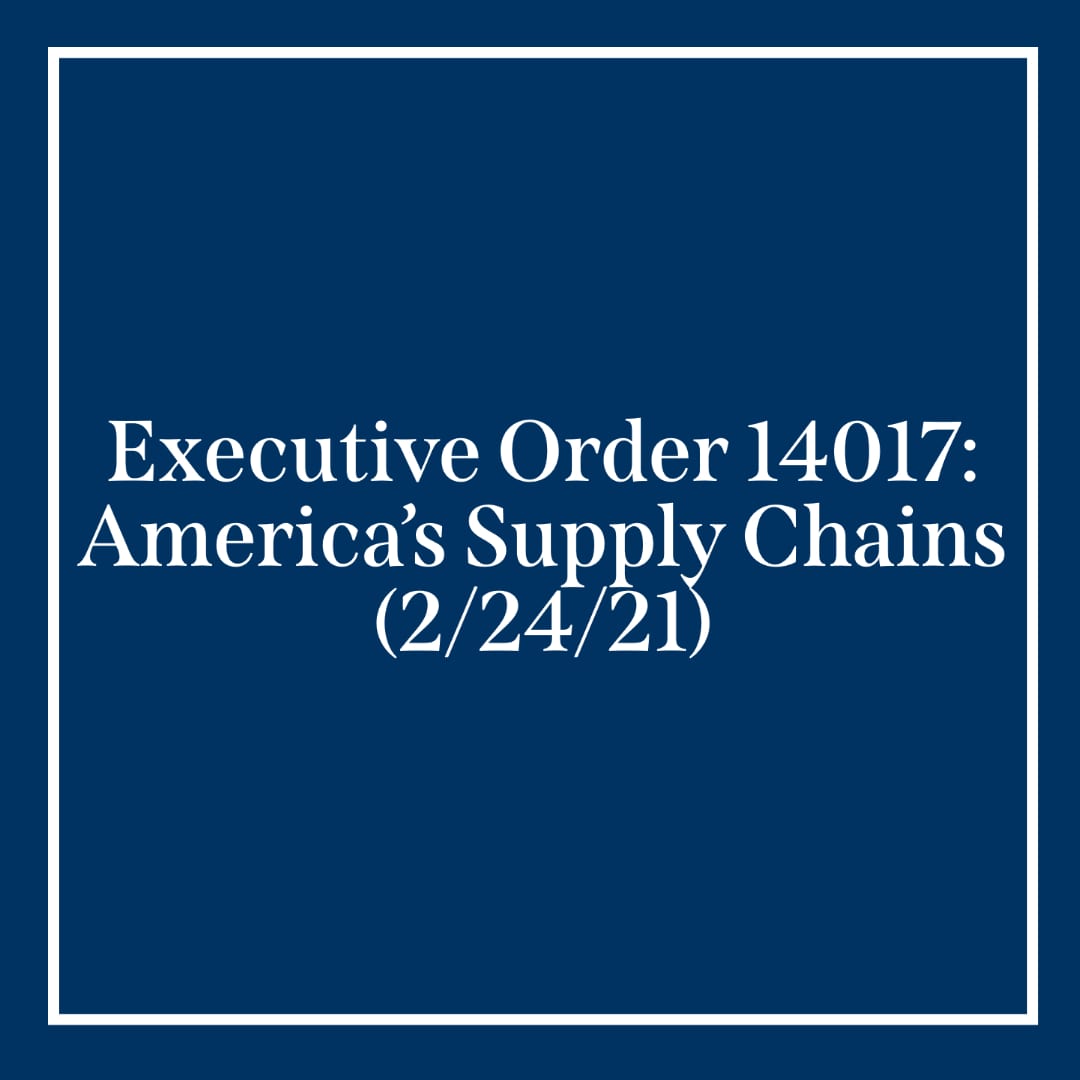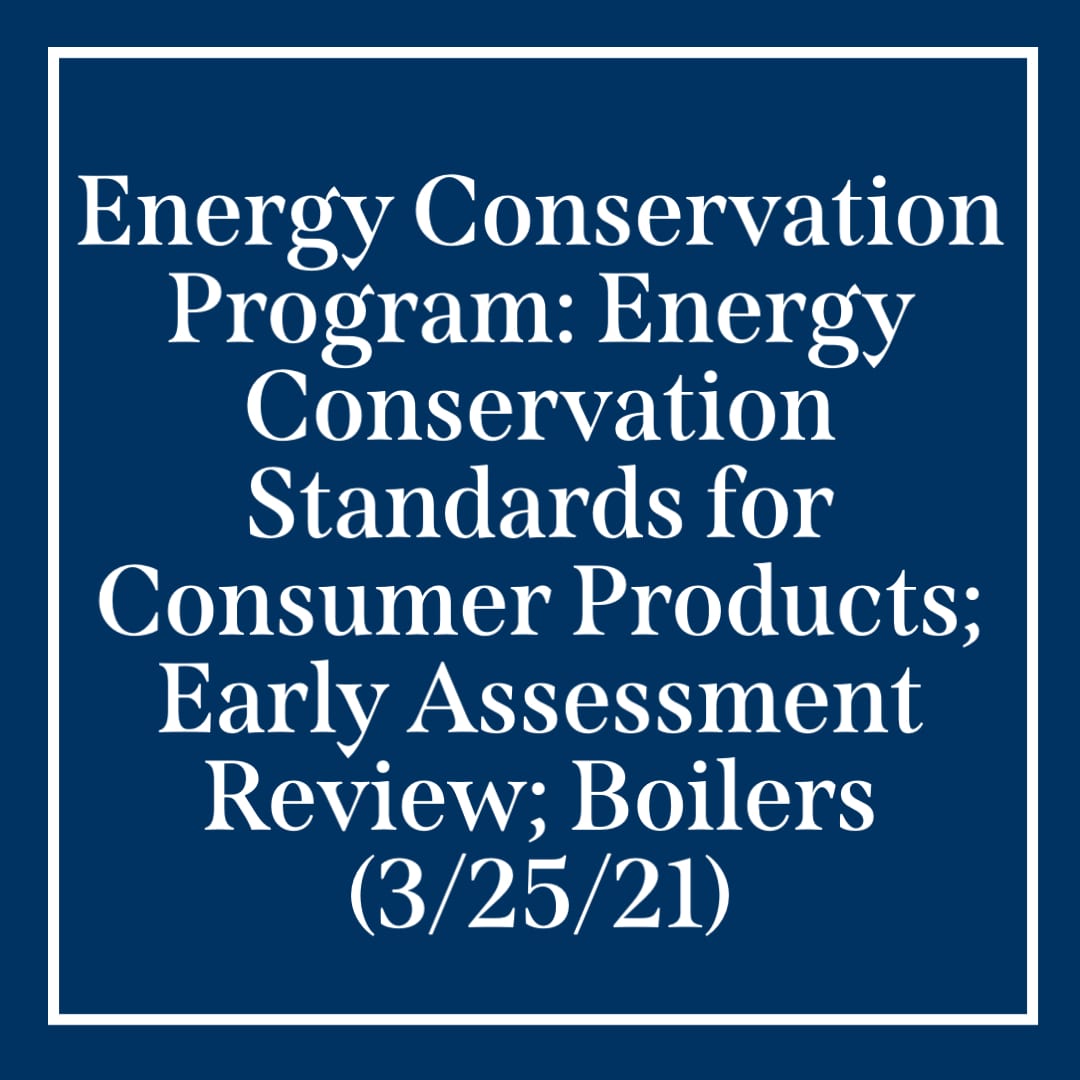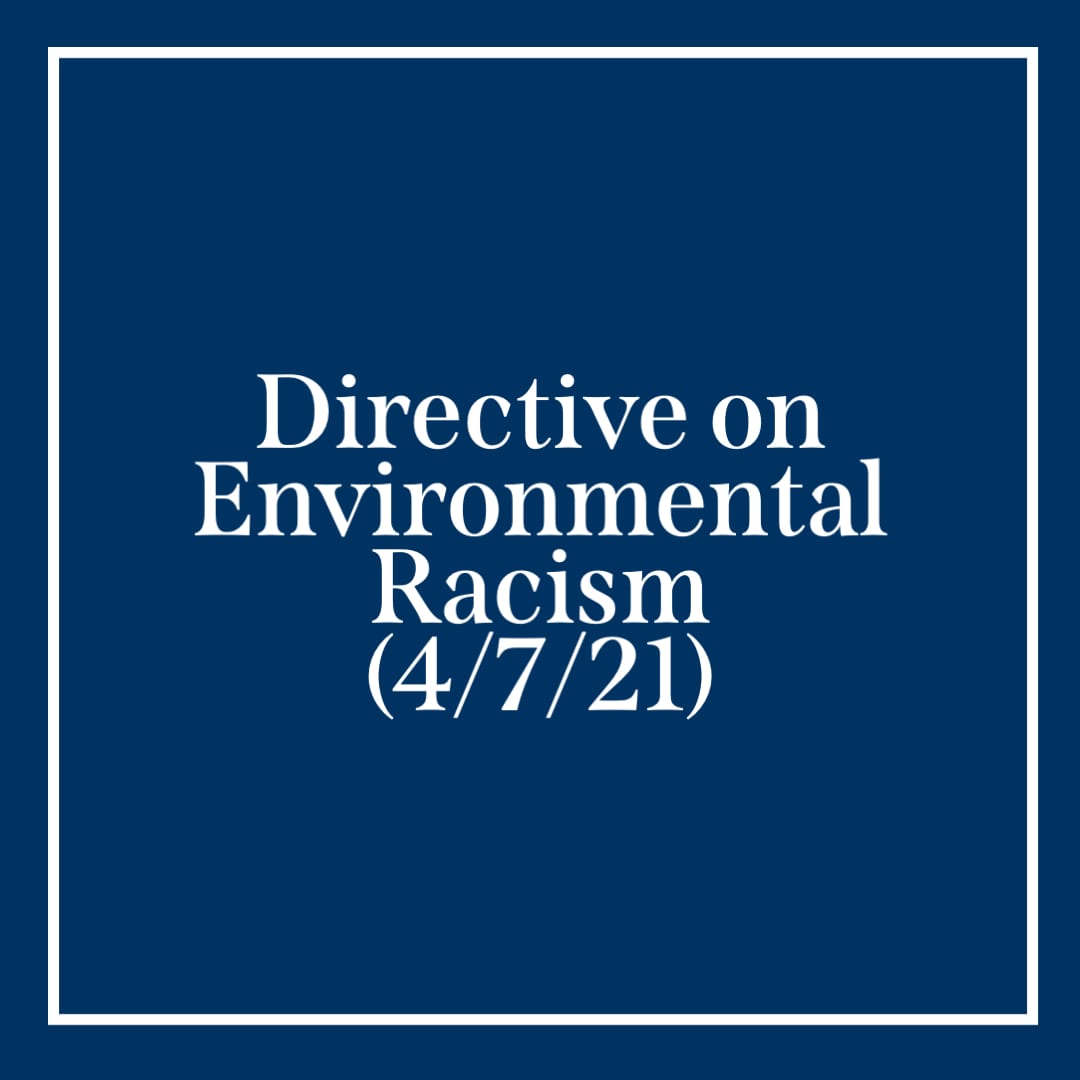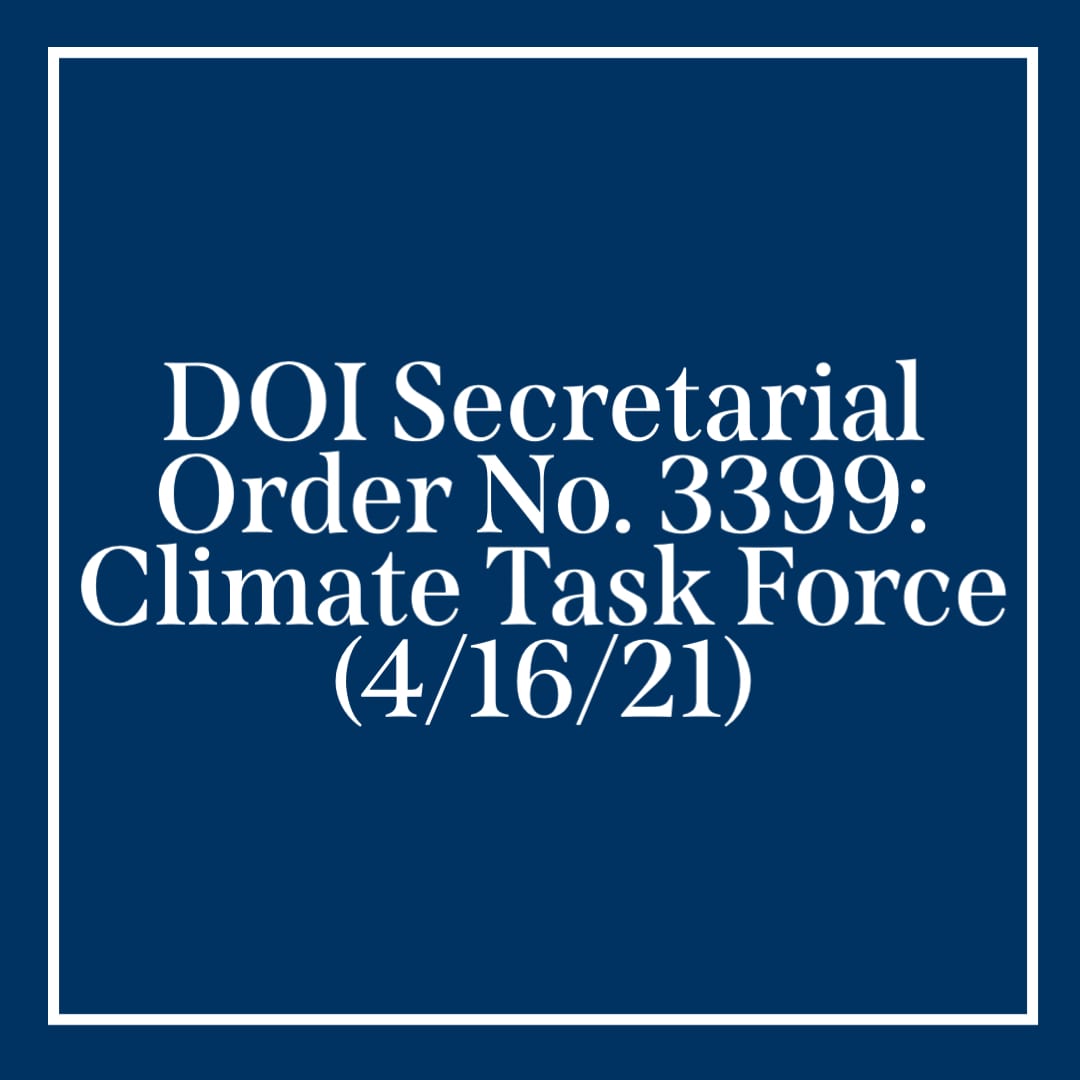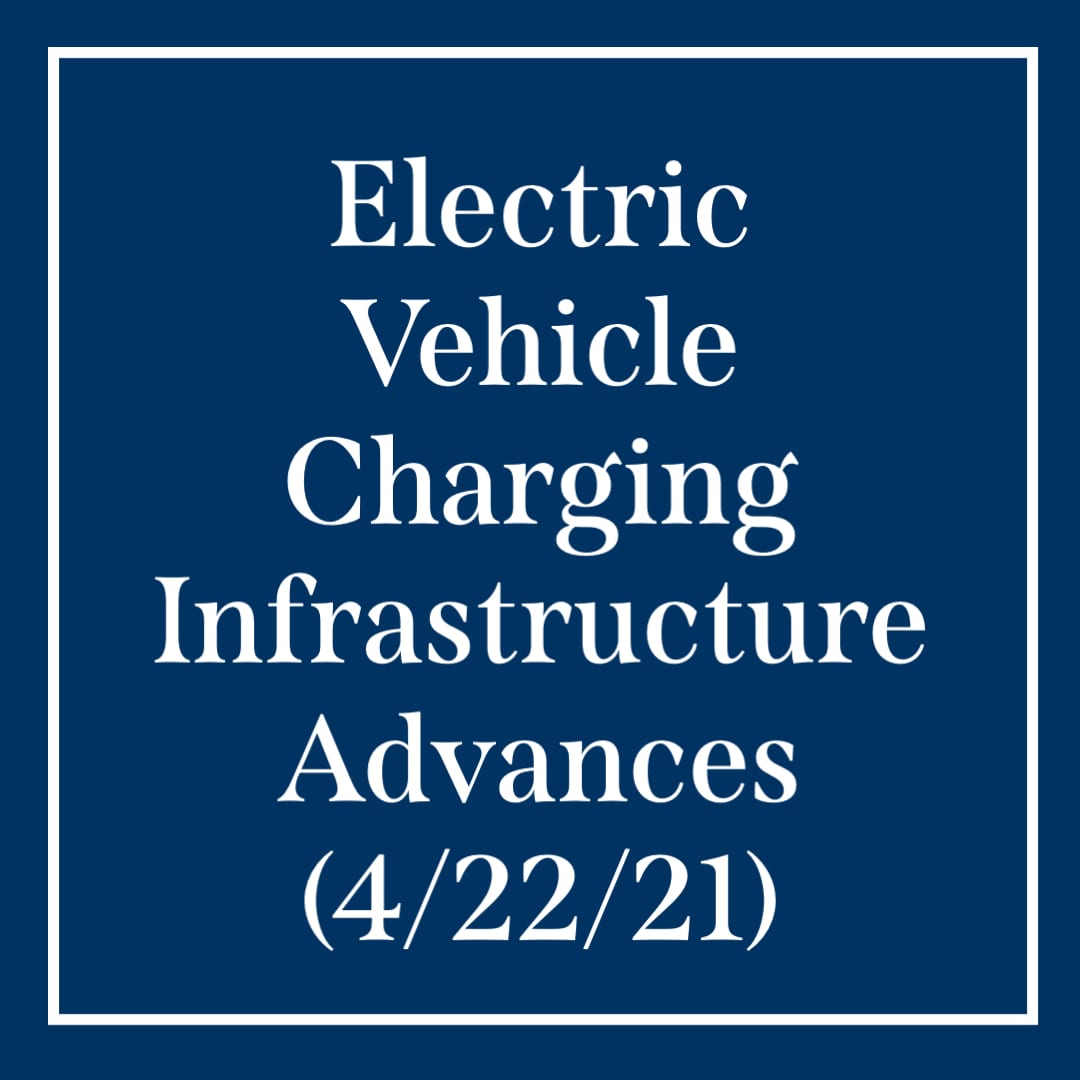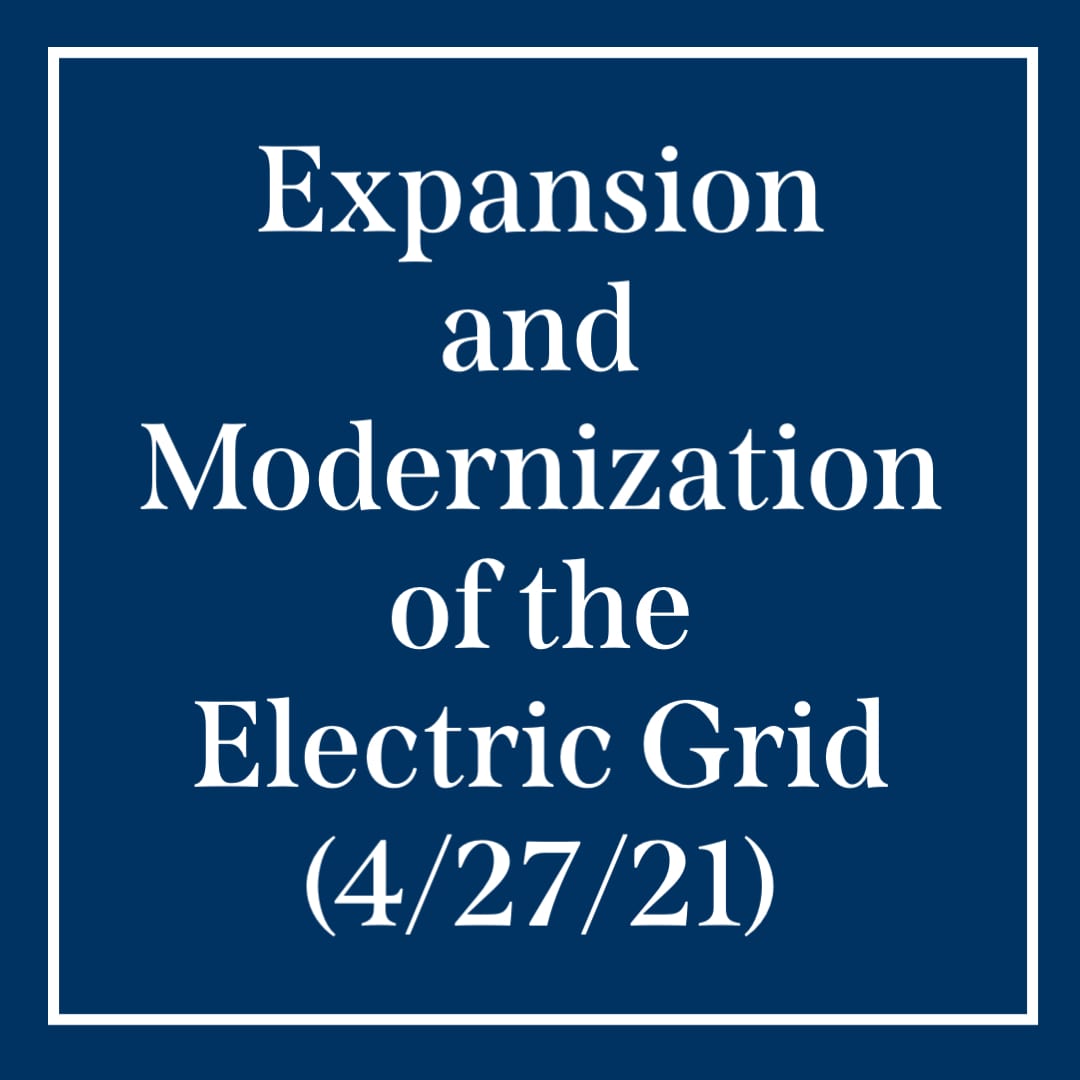CLEE’s rollbacks project is now featured in an interactive tracker on Grist. All future updates throughout 2022 will be displayed on Grist’s page.
|
Download the report: Reversing Trump Environmental Rollbacks: A 100 Day Analysis on the Biden Administration’s Reversals |
In addition to its continuing work tracking over 200 Trump-era rollbacks of environmental safeguards, CLEE has compiled new actions of the Biden administration, listed below. These new actions do not primarily address rollbacks from the Trump administration (although some do incorporate rollback reversals), but rather represent the Biden administration’s attempt to advance their own agenda on the environment, environmental and economic justice, and climate change.
On January 20, 2021, President Biden was inaugurated and issued a series of executive orders addressing a suite of climate change policies and regulatory priorities. These executive orders, along with any other actions that indicate a significant policy shift or new direction have been tracked through the administration’s first 100 days.
We encourage suggestions and comments, particularly identification of significant new actions that might be missing from the list. Please send any and all ideas to clee@law.berkeley.edu.
Total new actions: 37 (updated through 4/30/21)
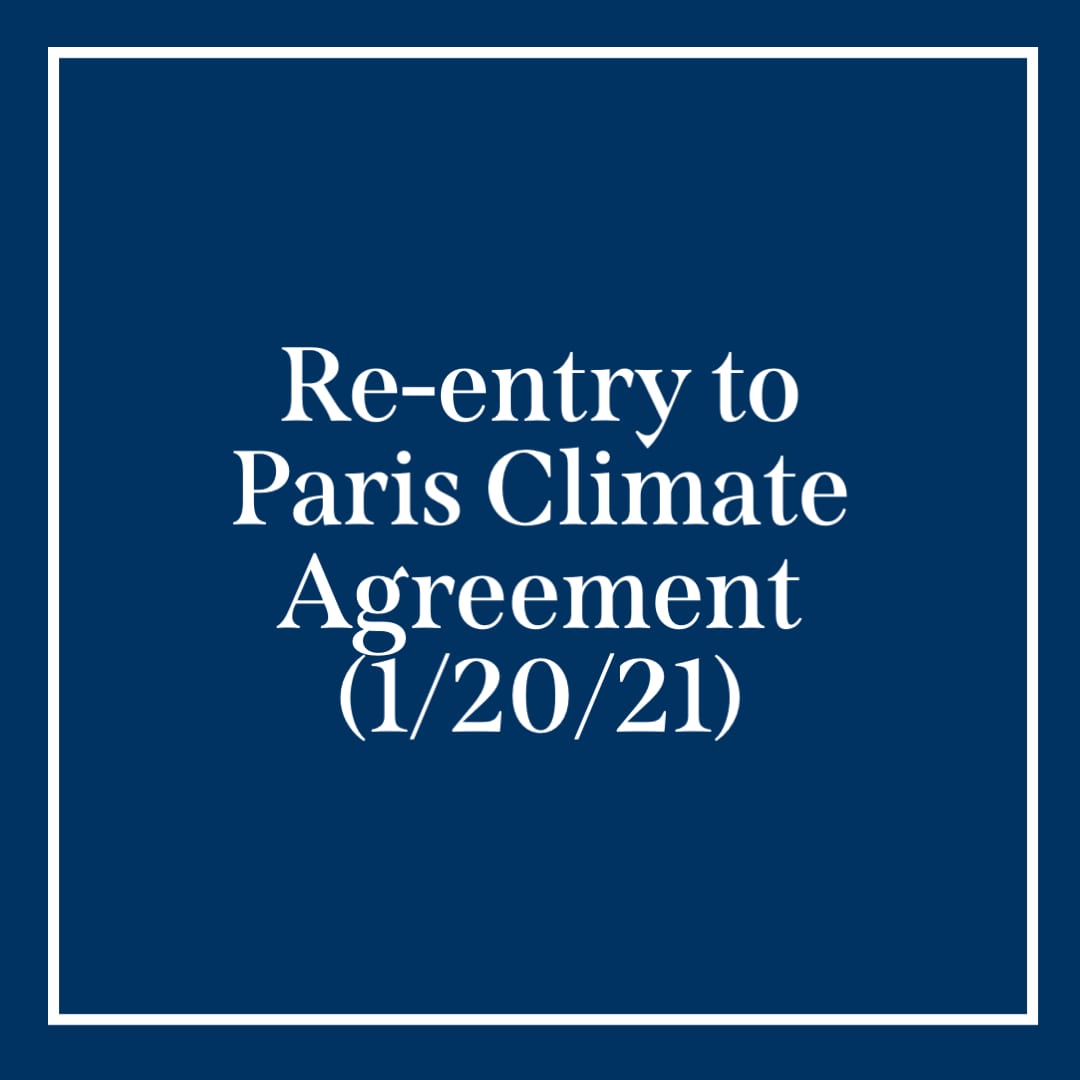 |
On January 20, 2021, President Biden signed a statement of acceptance on behalf of the United States officially re-entering the Paris Climate Agreement. |
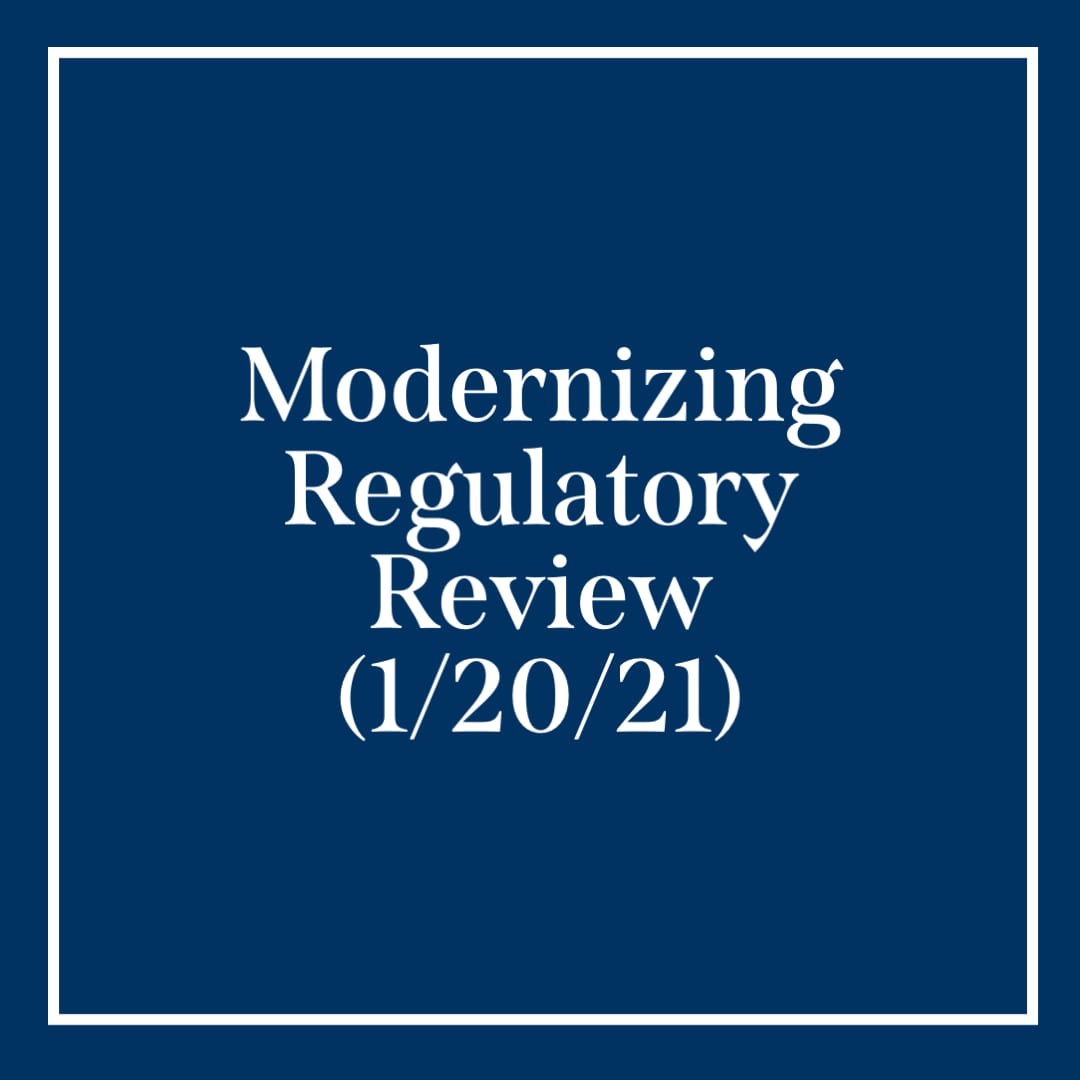 |
On January 20, 2021, President Biden signed a memorandum directing OMB to revise Circular A-4 and modernize regulatory review to reflect environmental, scientific, equity, and other considerations. |
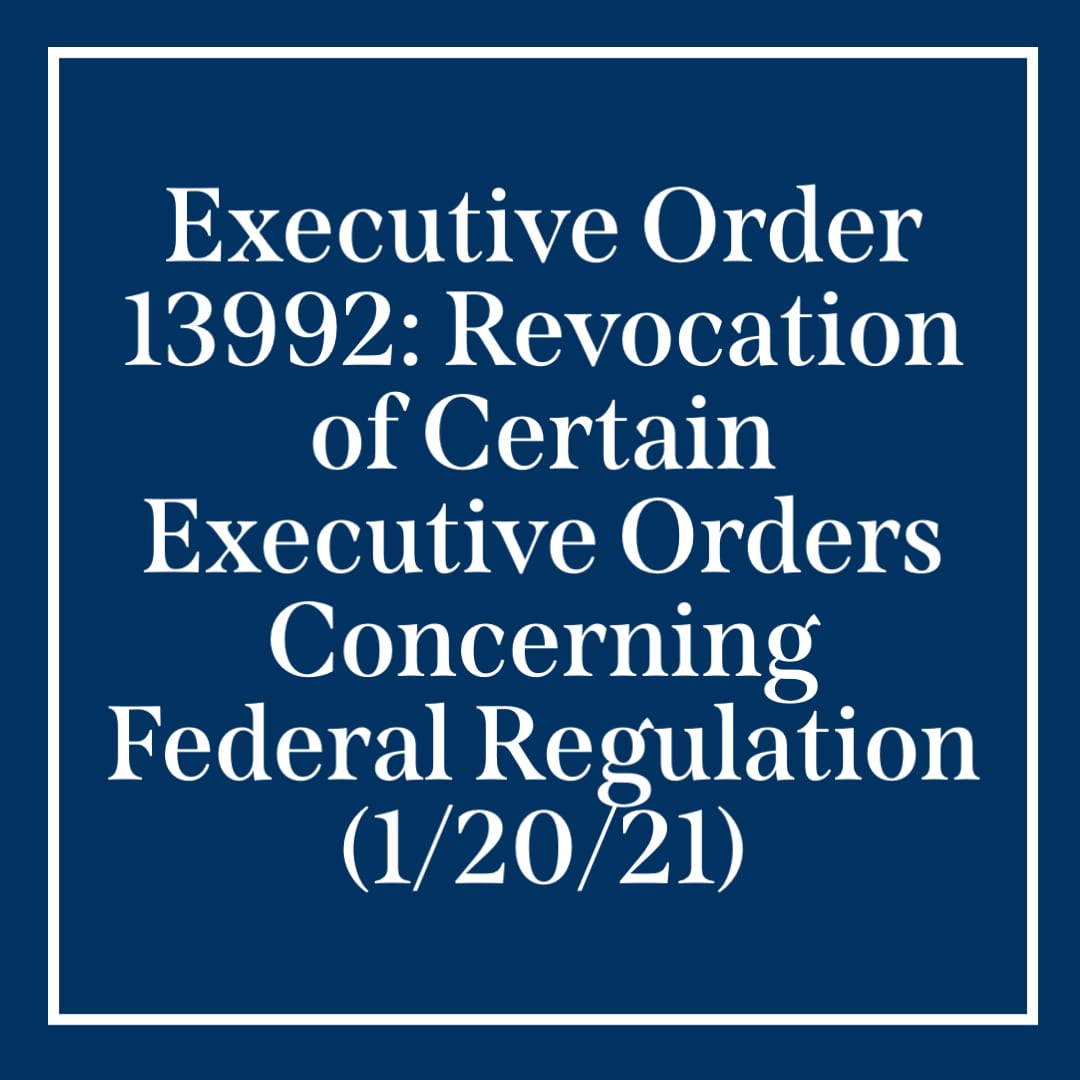 |
On January 20, 2021, President Biden signed an executive order that revoked multiple Trump-era regulatory executive orders, including EO 13771 and EO 13777. |
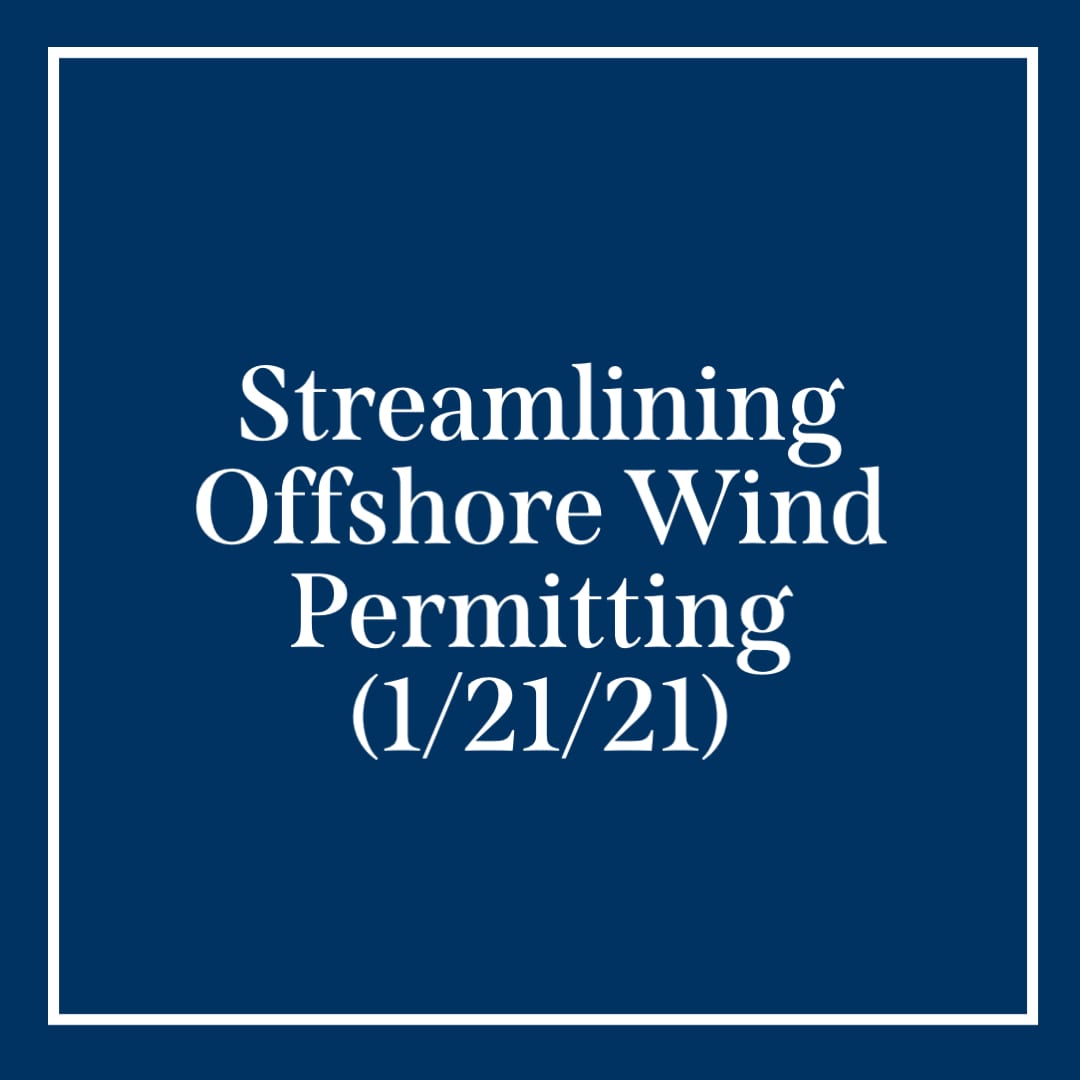 |
On January 21, 2021, BOEM and BSEE announced an agreement to coordinate regulation of offshore renewable energy. On 3/8/21 BOEM announced the completion of the Vineyard Wind Environmental Impact Statement. |
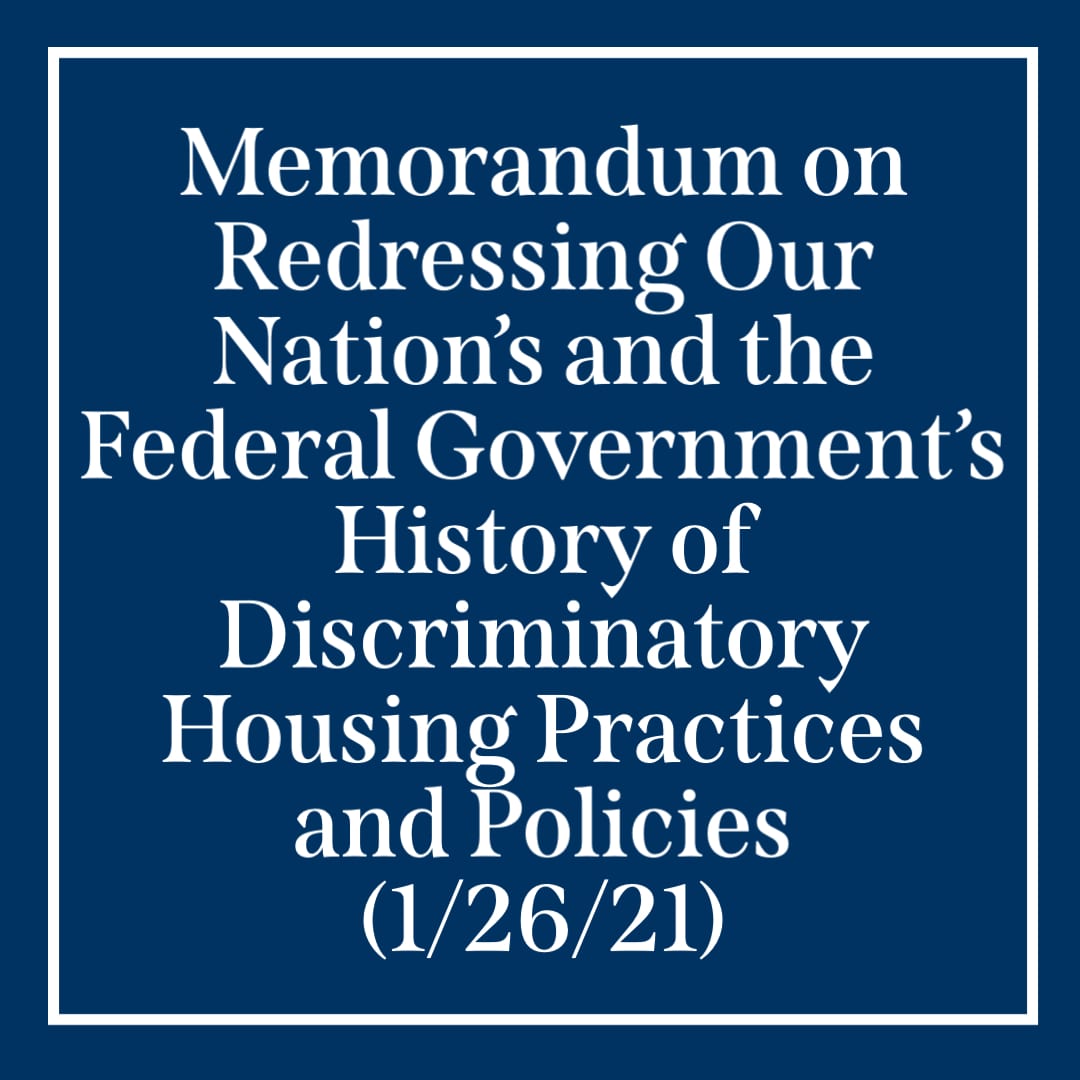 |
On January 26, 2021, President Biden signed a memorandum which stated a federal policy of ending housing discrimination and promoting inclusive communities and directed HUD to review the 2020 “Preserving Community and Neighborhood Choice” rule and take necessary steps to affirmatively further fair housing, which could have long-term impacts with respect to environmental justice and disproportionate exposure to pollution. |
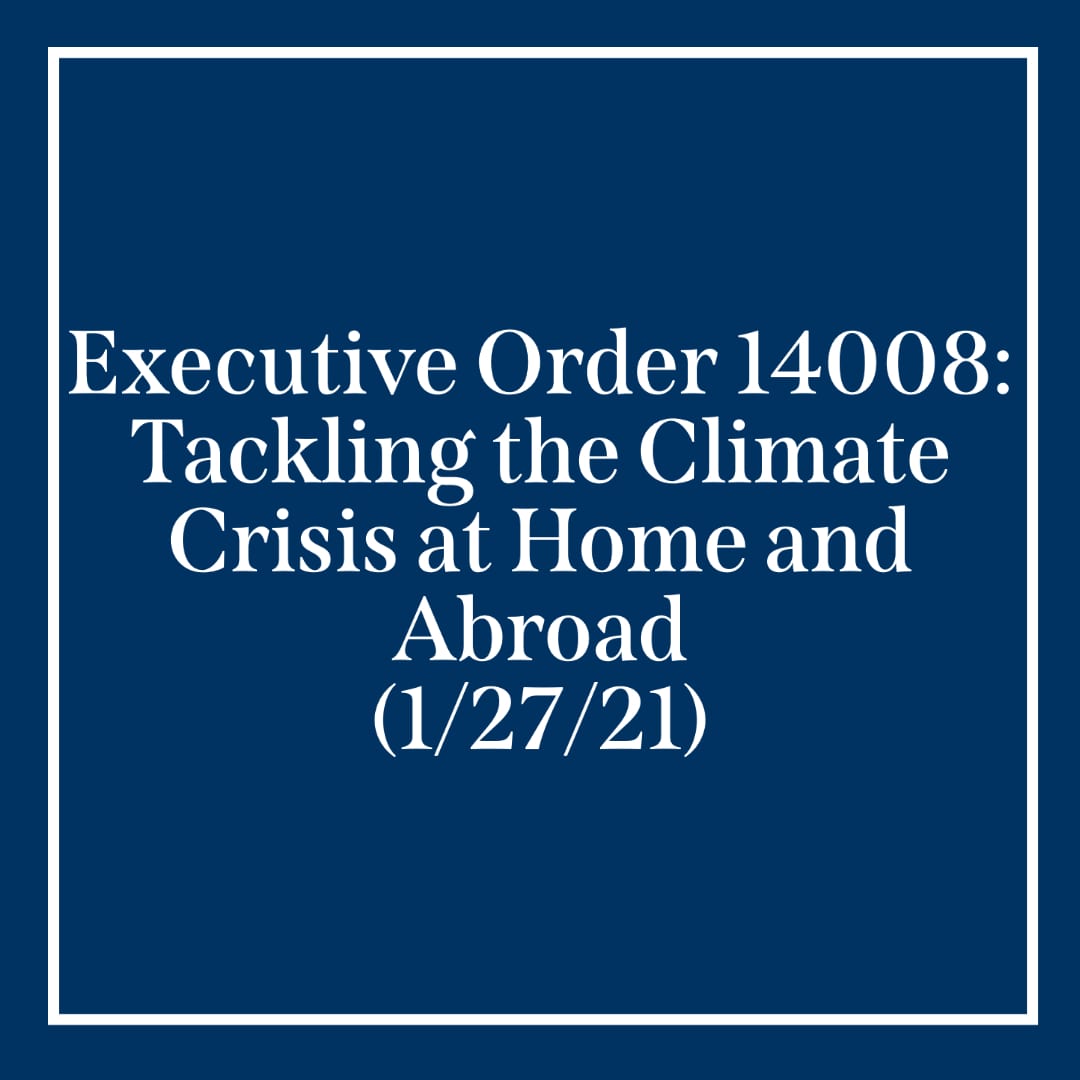 |
On January 27, 2021, President Biden signed an executive order that initiated a whole-of-government approach to climate change analysis, mitigation, and planning, including national security and foreign relations, government procurement and assets, public lands policy, infrastructure, and workforce development, and environmental justice elements. |
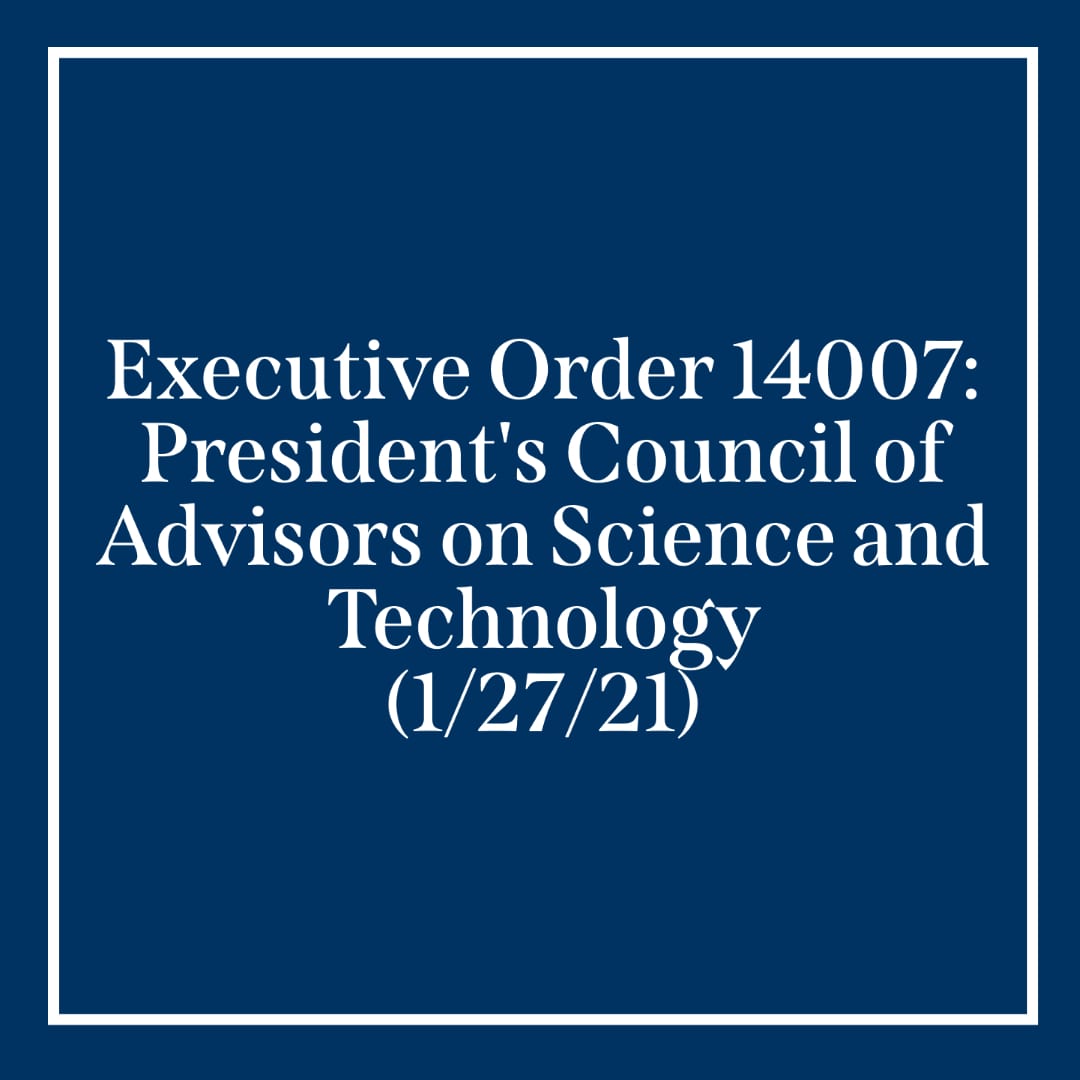 |
On January 27, 2021, President Biden signed an executive order that created a council of advisors on science and technology to advise the president on science and technological information needed to inform policy relating to the environment (among other issues). |
 |
On February 2, 2021, Acting Commissioner Allison Herren Lee announced the hiring of Satyam Khanna for the position of Senior Policy Advisor for Climate and ESG. The position will be in the office of Acting Chair of the SEC. |
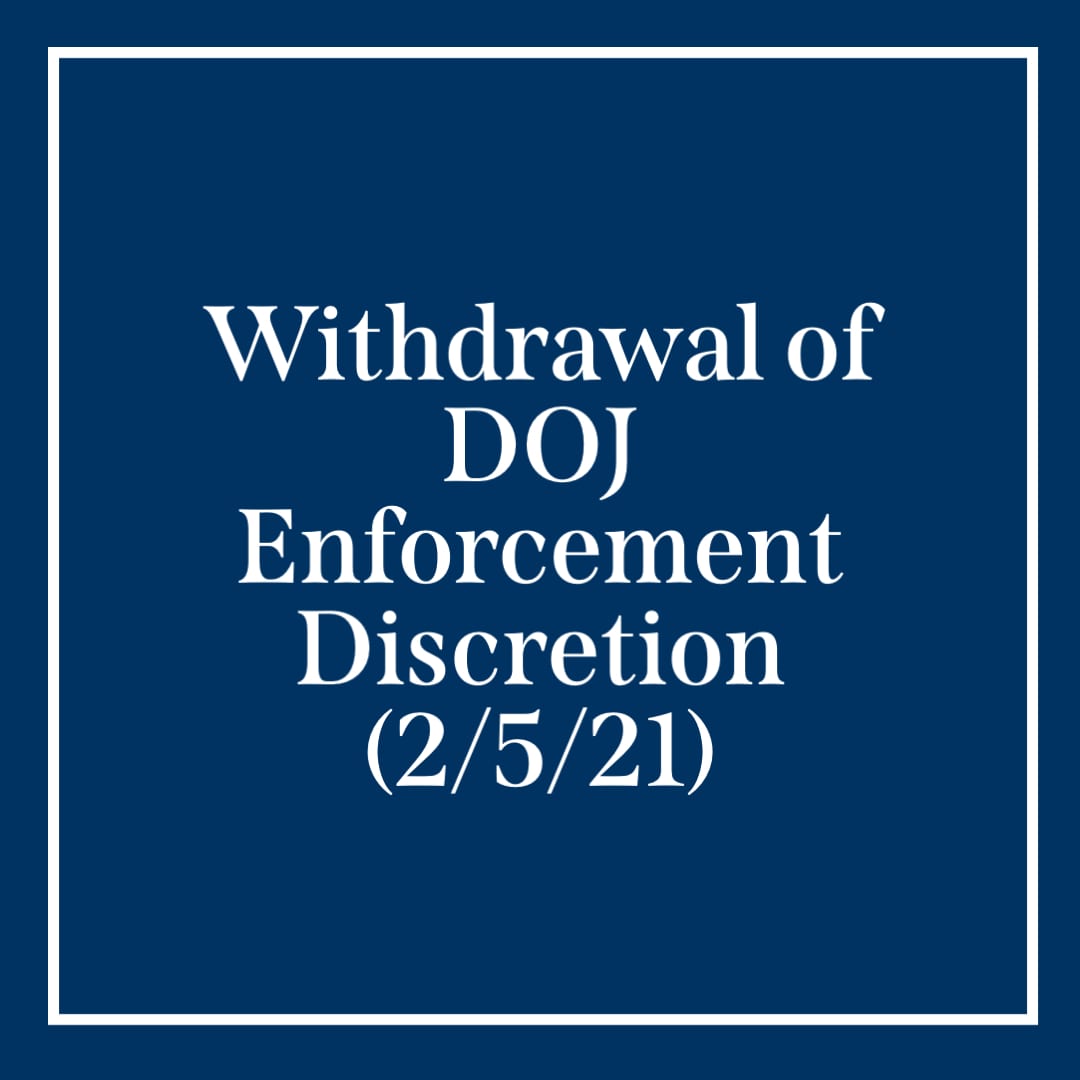 |
On February 5, 2021, DOJ issued a departmental memorandum withdrawing Trump-era guidance that loosened enforcement of environmental laws, reinstating the prior Obama administration approach to environmental enforcement. |
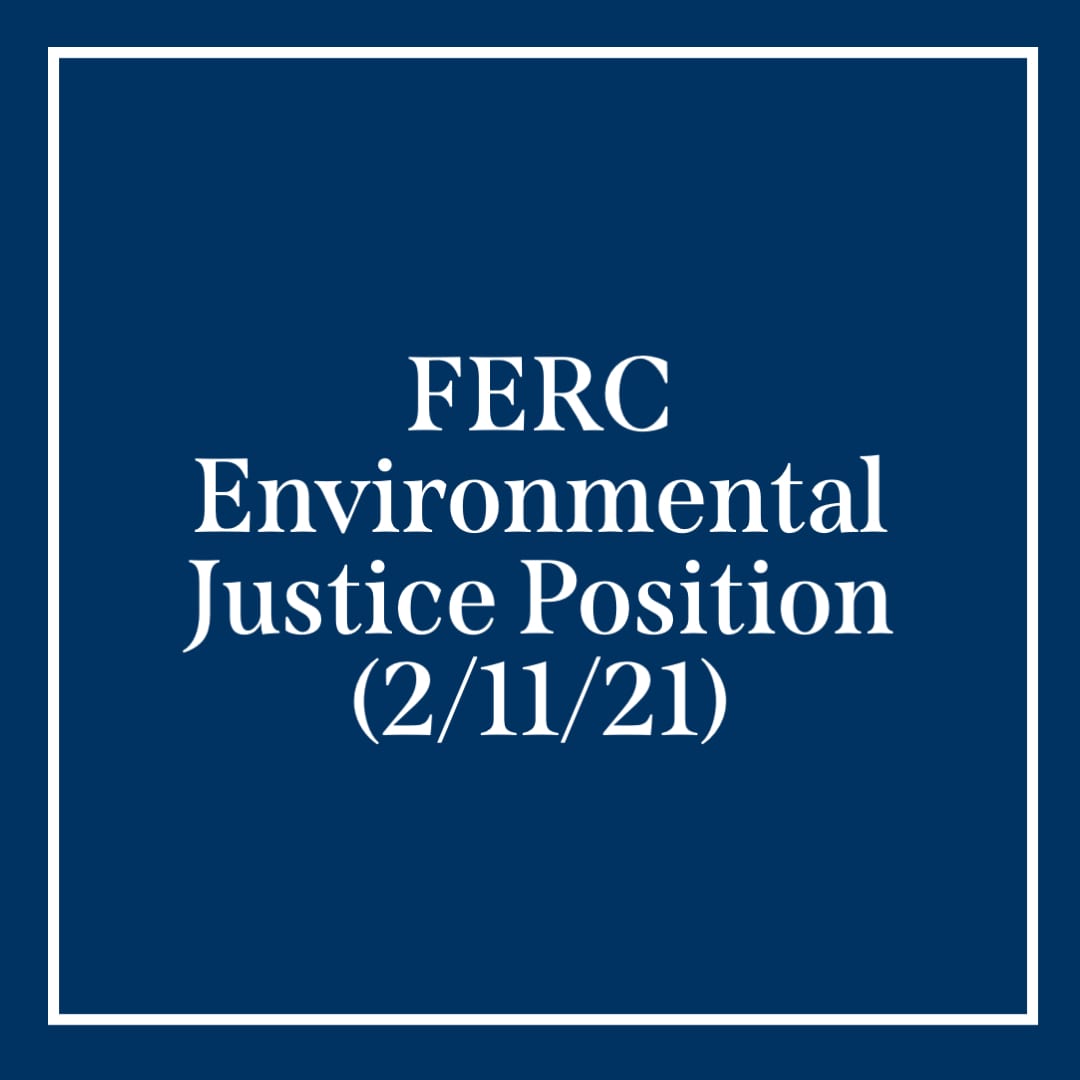 |
On February 11, 2021, Chairman Richard Glick announced plans to create a senior position at FERC to incorporate and coordinate environmental justice and equity concerns in the agency’s decision-making process. |
 |
On February 23, 2021, President Biden and Prime Minister Trudeau released a joint statement outlining Canada and the United States’ blueprint for the future including forming a partnership on climate change. Specific actions include: implementing the Paris Agreement in tandem; launching a High-Level Climate Ministerial, which will coordinate cooperation between the United States and Canada to increase ambition aligned to the Paris Agreement and net-zero objectives; and working with private financial institutions to advance the adoption of climate-related financial risk disclosure and align financial flows with climate goals. |
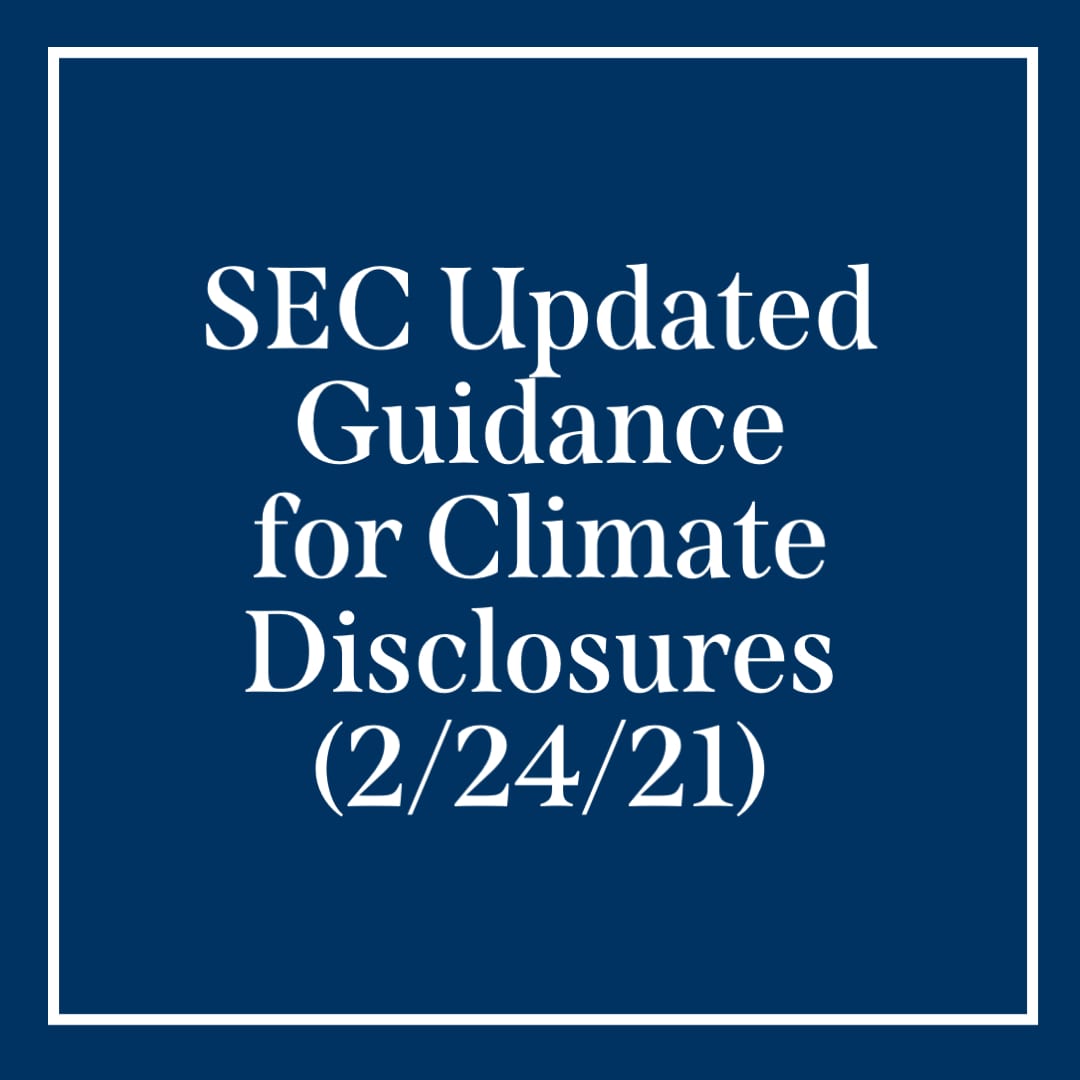 |
In a statement released on 2/24/21 by acting SEC Chair Allison Herran Lee, she announced that she is ” directing the Division of Corporation Finance to enhance its focus on climate-related disclosure in public company filings.” |
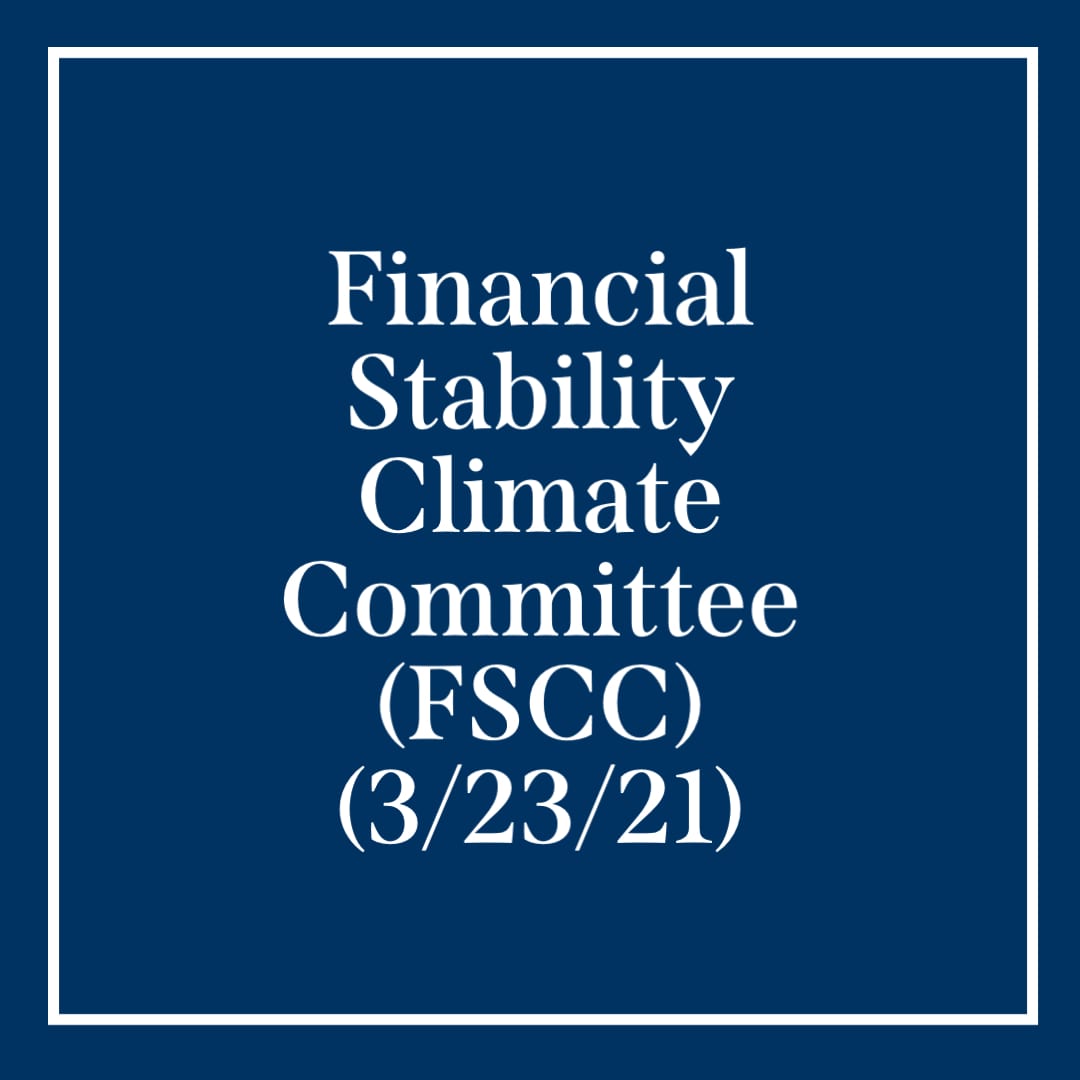 |
In a speech on 3/23/21, Federal Reserve Gov. Lael Brainard announced the creation of a second climate change risk committee to evaluate the risk climate change poses to the entire financial system. |
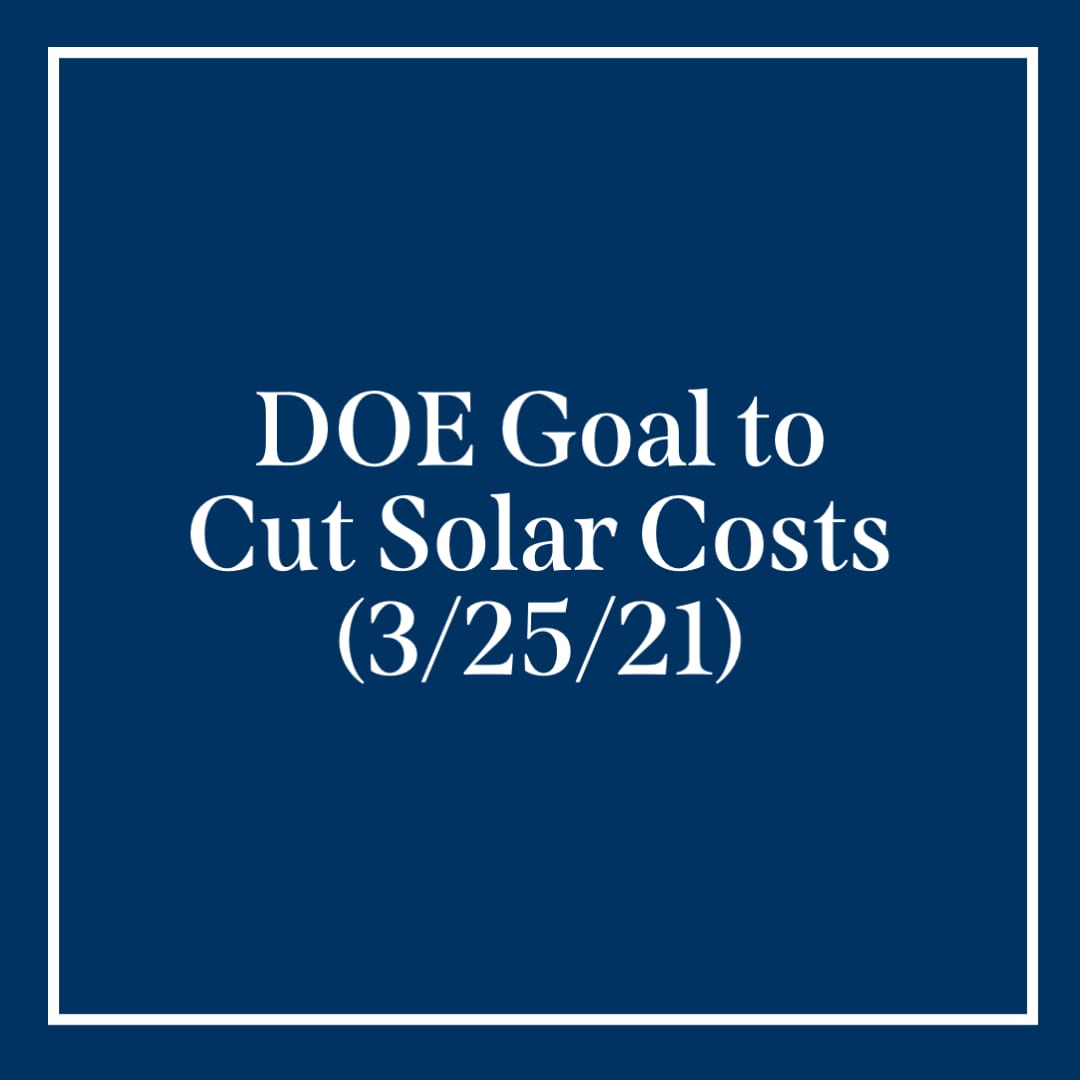 |
In a press release on 3/25/21, the DOE announced the goal of cutting the cost of solar by 60% within the next 10 years to 3 cents per kilowatt-hour by 2025 and 2 cents per kWh by 2030. The announcement also said the goal would be backed by “$128 million in funding to lower costs, improve performance, and speed the deployment of solar energy technologies.” |
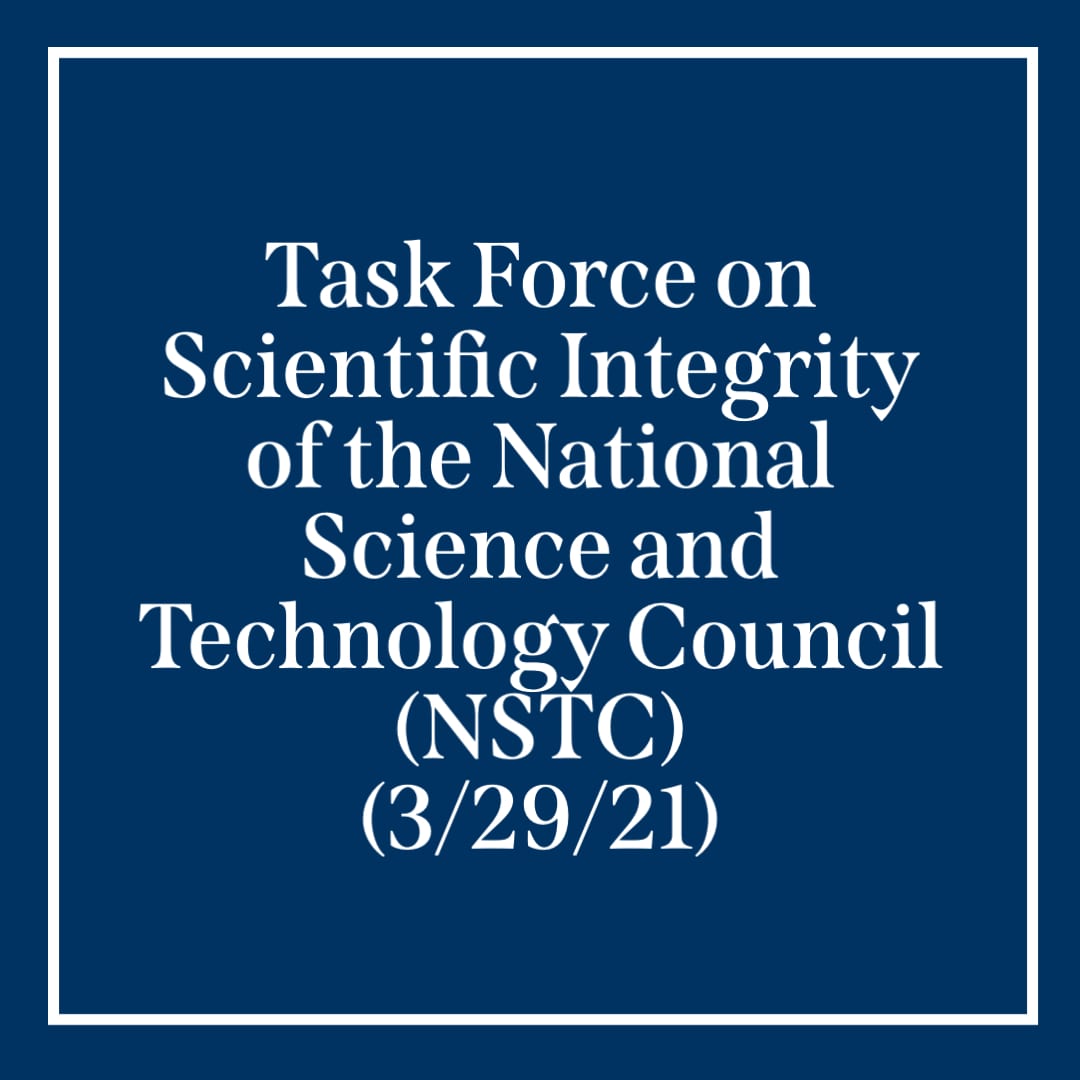 |
On 3/29/21, The White House Office of Science and Technology Policy announced the creation of a task force to review and consider whether existing scientific policies prevent improper political interference, prevent the suppression of finding, data, or conclusions, support scientists of all genders, race, ethnicities, and background, and advance equitable delivery of federal programs. |
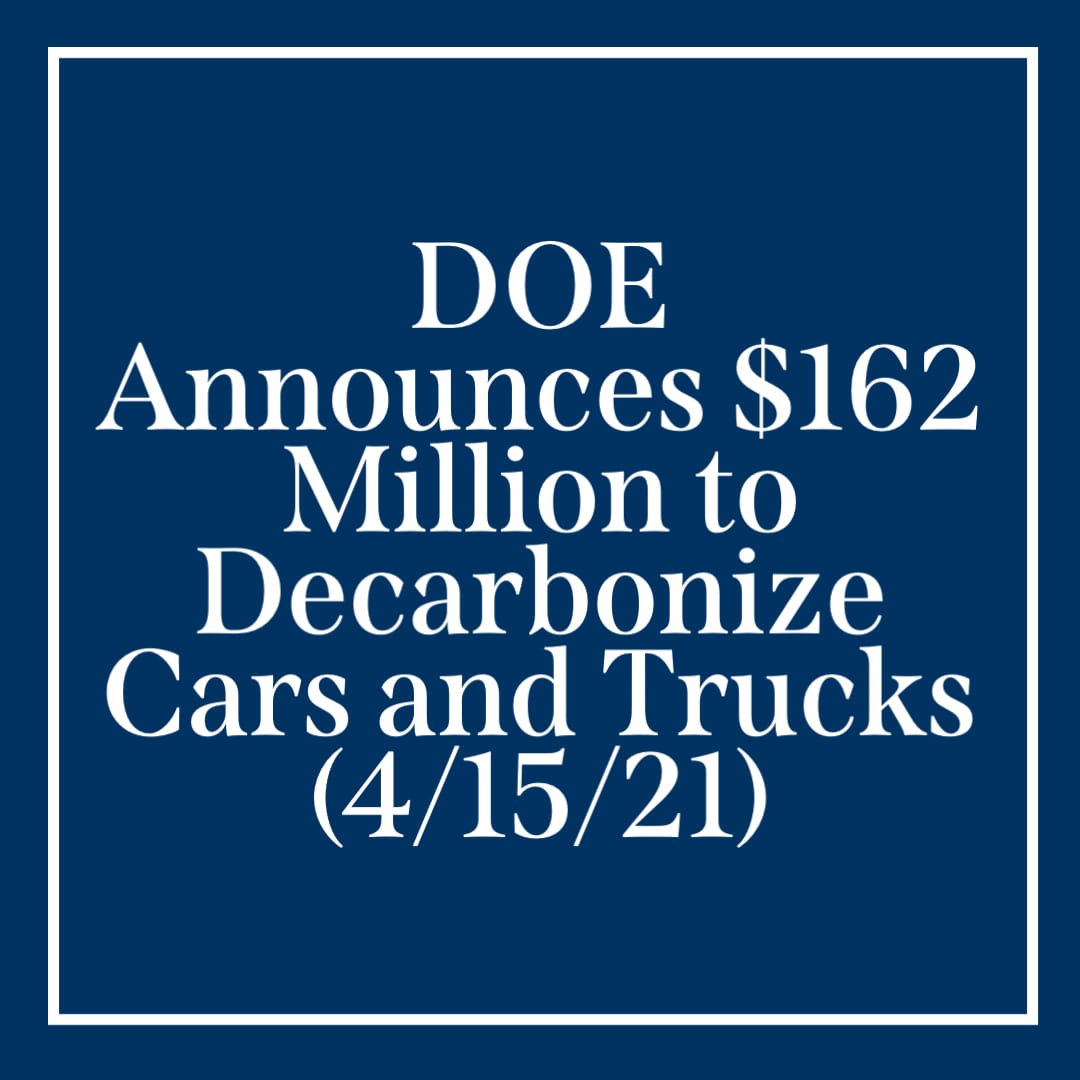 |
On April 15, 2021, DOE’s Office of Energy Efficiency and Renewable Energy’s Vehicle Technologies Office and Hydrogen and Fuel Cell Technologies Office announced up to $100 million over four years for the “SuperTruck 3” to electrify medium- and heavy-duty trucks and freight systems. VTO also announced up to $62.75 million for its Low Greenhouse Gas Vehicle Technologies Research, Development, Demonstration, and Deployment program. |
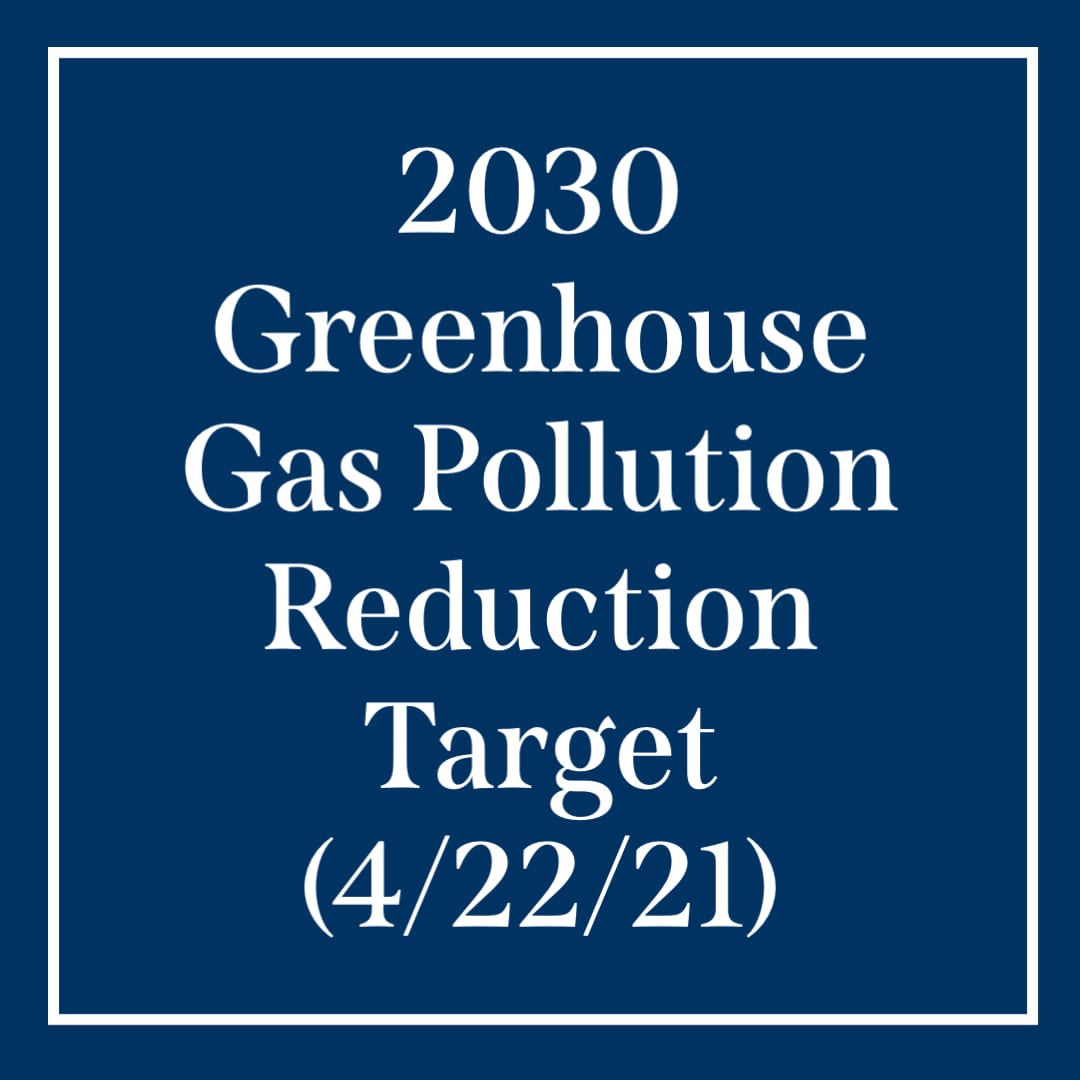 |
On April 22, 2021, in remarks at a White House Summit, President Biden announced the United States’ Nationally Determined Contribution for the Paris Climate Agreement. The goal is to reduce emissions by 50-52 percent below 2005 levels by 2030 economywide. The announcement lays out high-level summaries with a forthcoming task force planned which determine specific sector-by-sector strategies. |
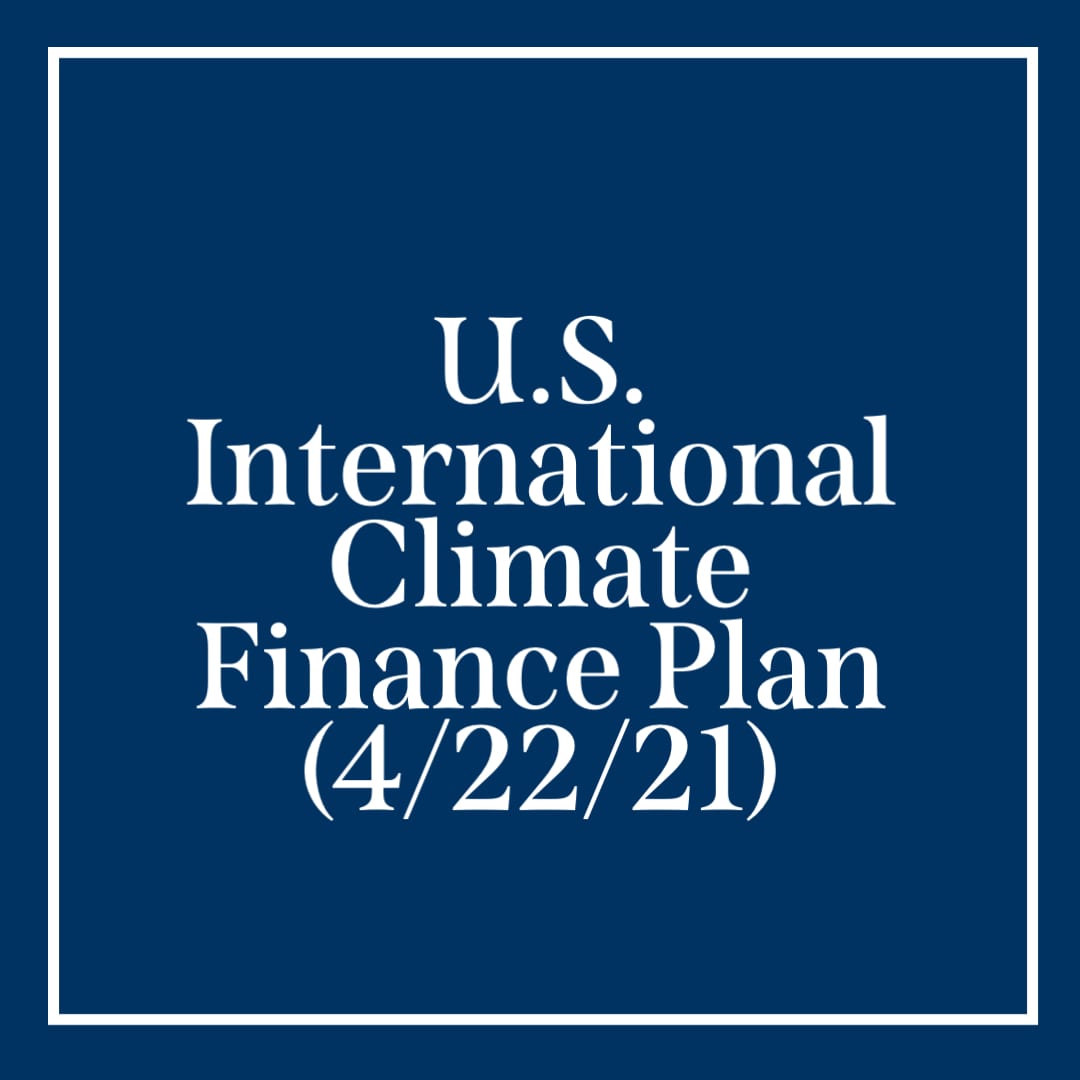 |
On April 22, 2021, the White House release the U.S. International Climate Finance Plan, which was called for by E.O. 14008. The plan has five parts and outlines how the U.S. can leverage “financial resources to assist developing countries to reduce and/or avoid greenhouse gas emissions and build resilience and adapt to the impacts of climate change.” |
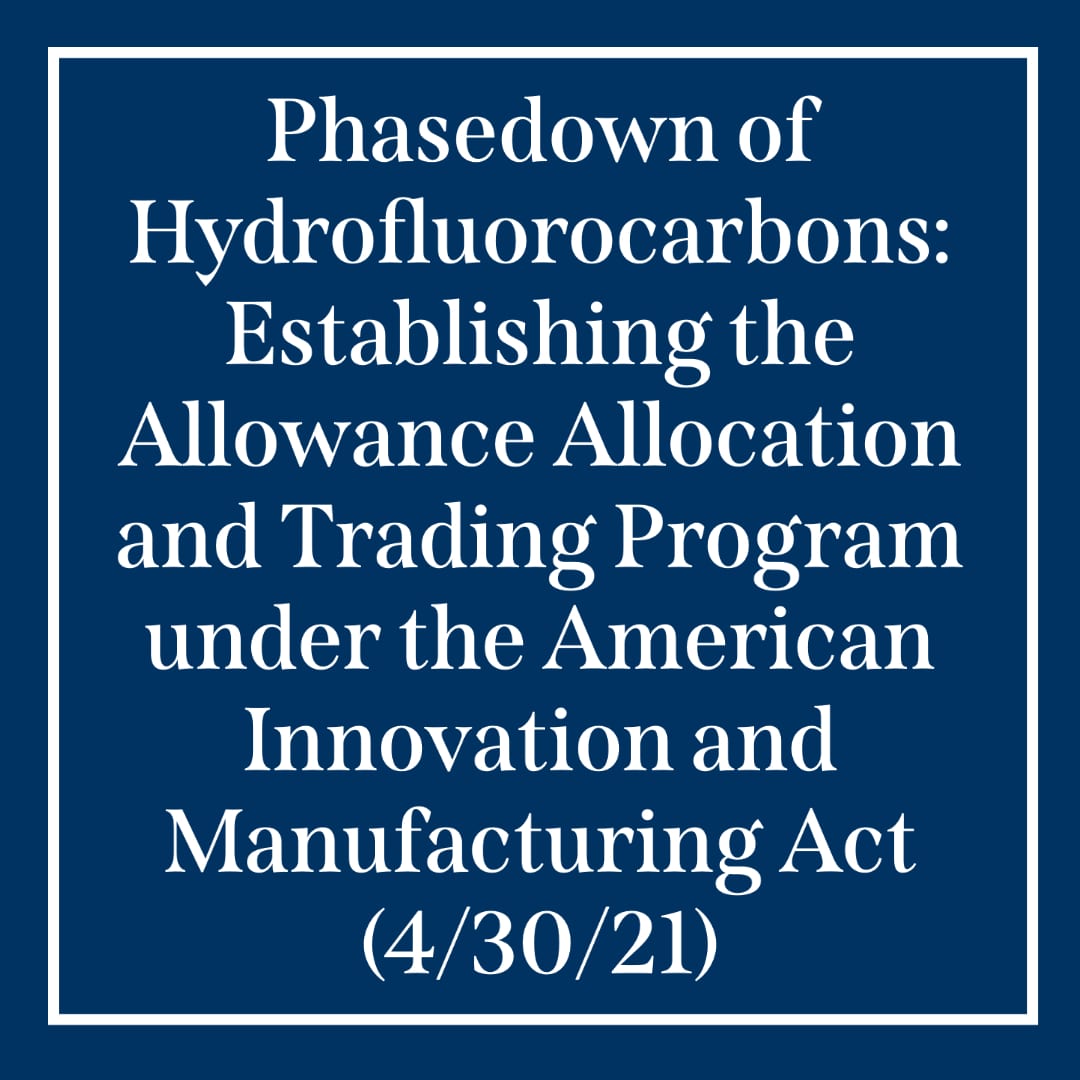 |
On April 30, 2021, EPA issued a proposed rule to reduce the use of hydrofluorocarbons (HFCs), chemicals used in refrigeration and air conditioning, under the American Innovation and Manufacturing (AIM) Act of 2020. The proposed rule sets HFC production and consumption baseline levels, with the end goal set in the AMI act of reducing these potent greenhouse gases by 85 percent over the next 15 years. |
CLEE thanks Hanson Bridgett LLP and Governing for Impact for their contributions to this effort, and Berkeley students Clara Barnosky, Jane Sadler, Richard Yates, and Zachary Zimmerman for their research assistance.
